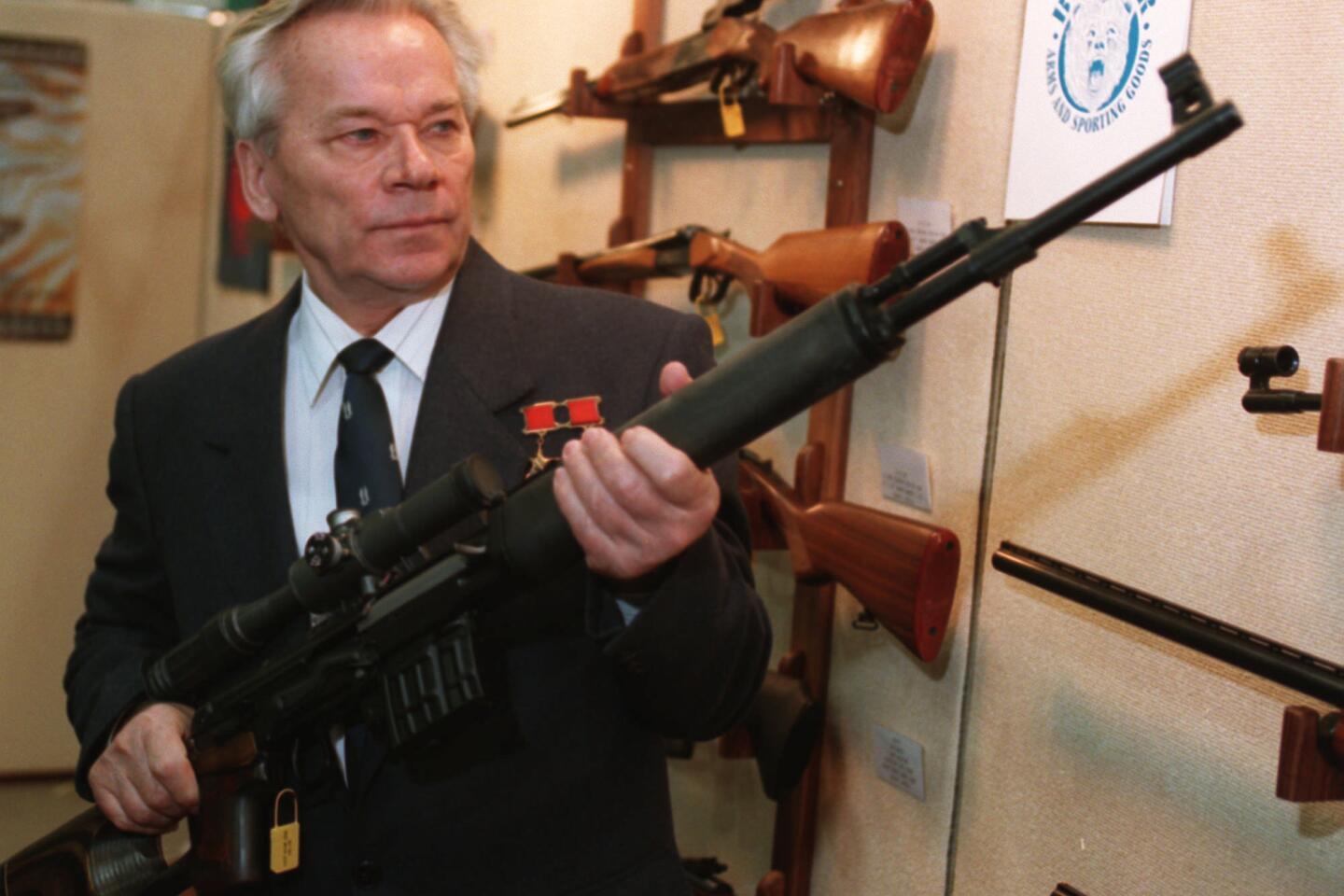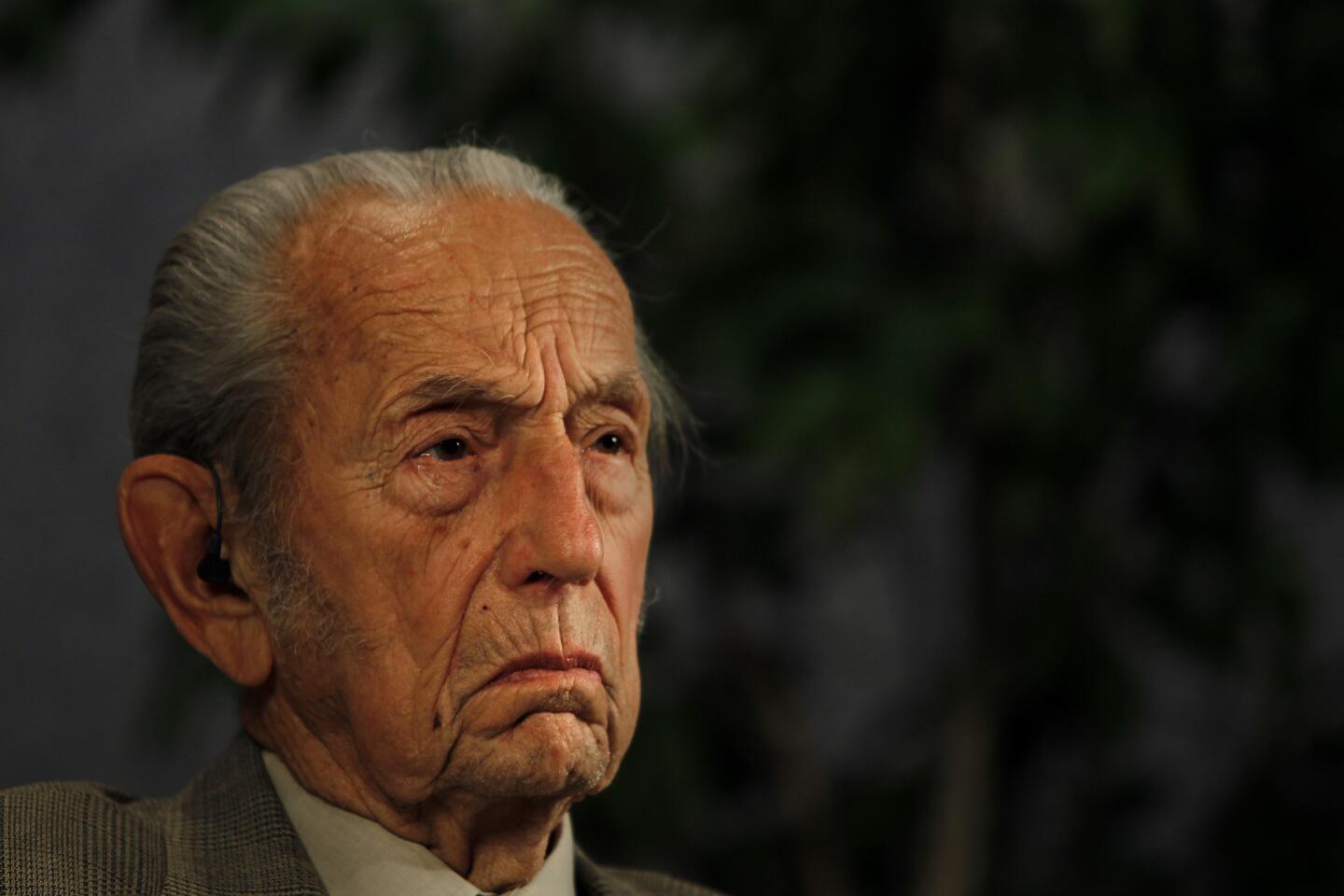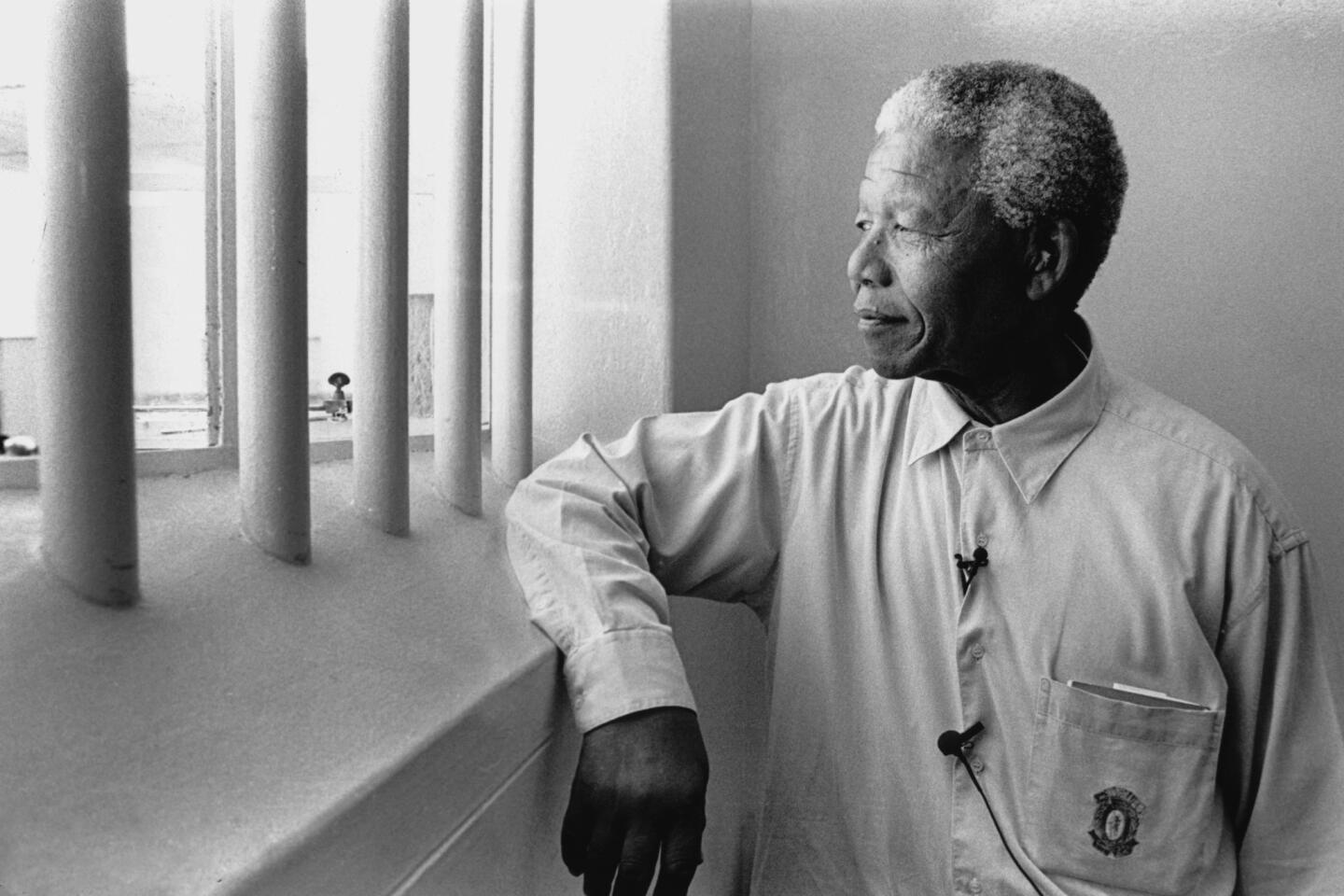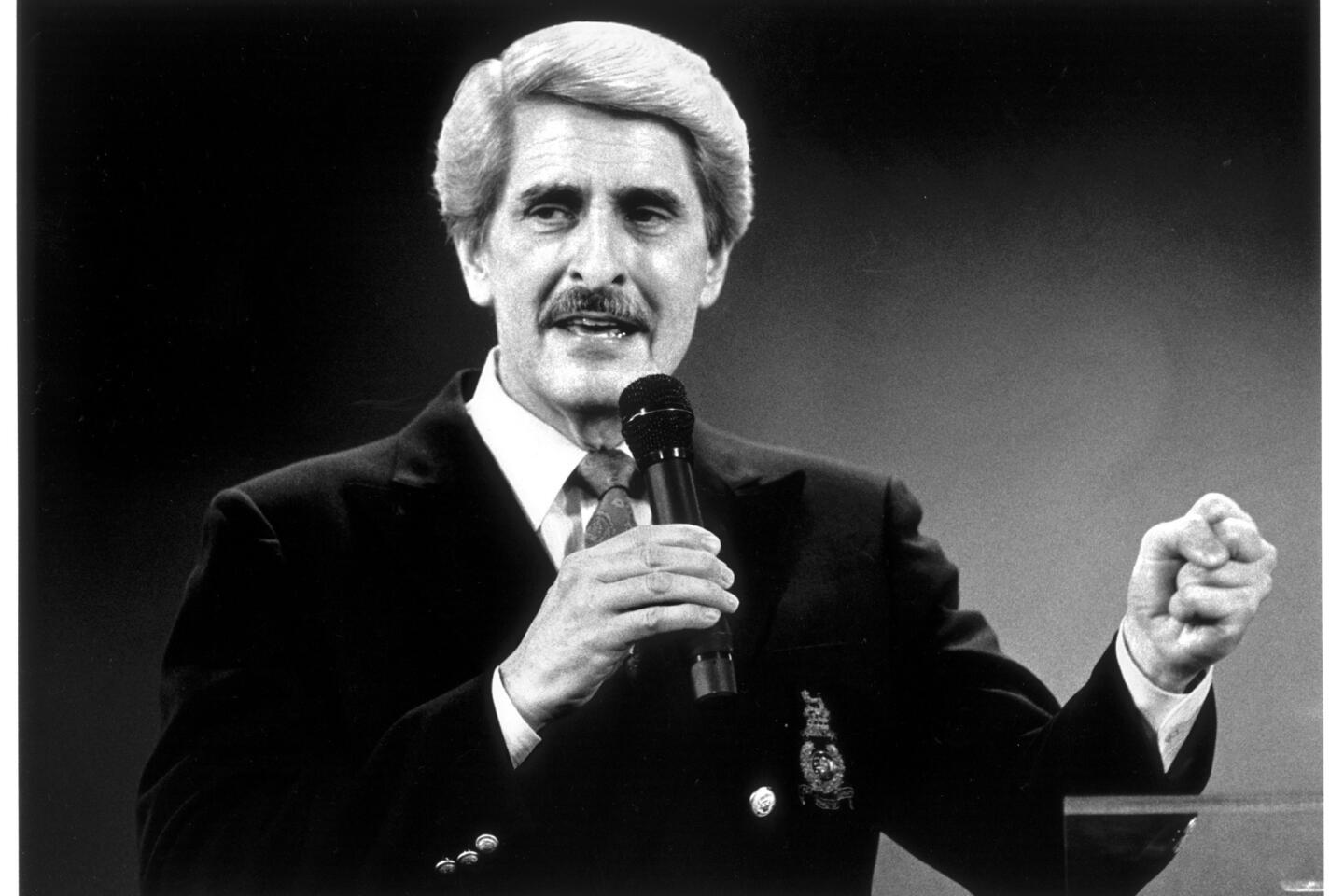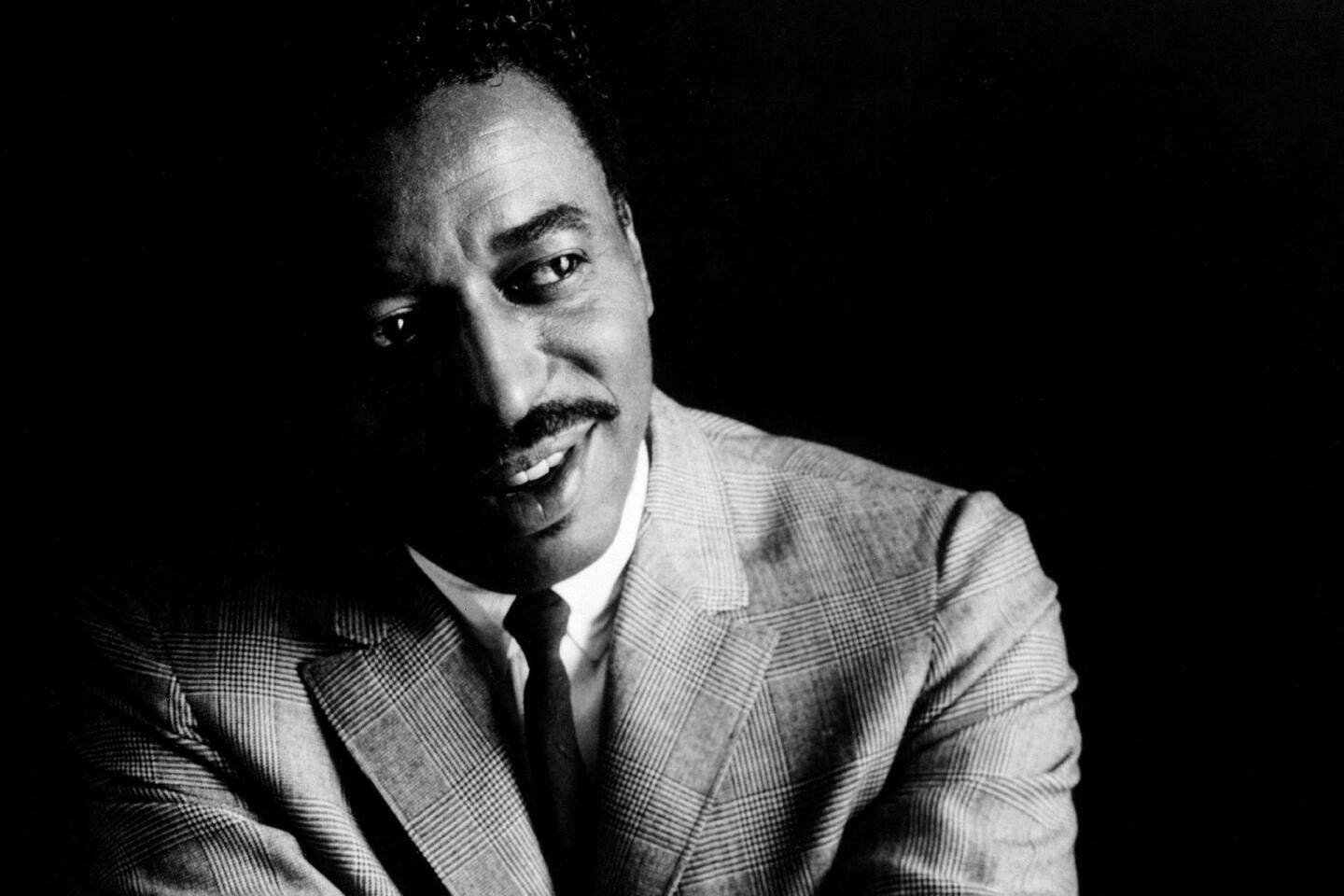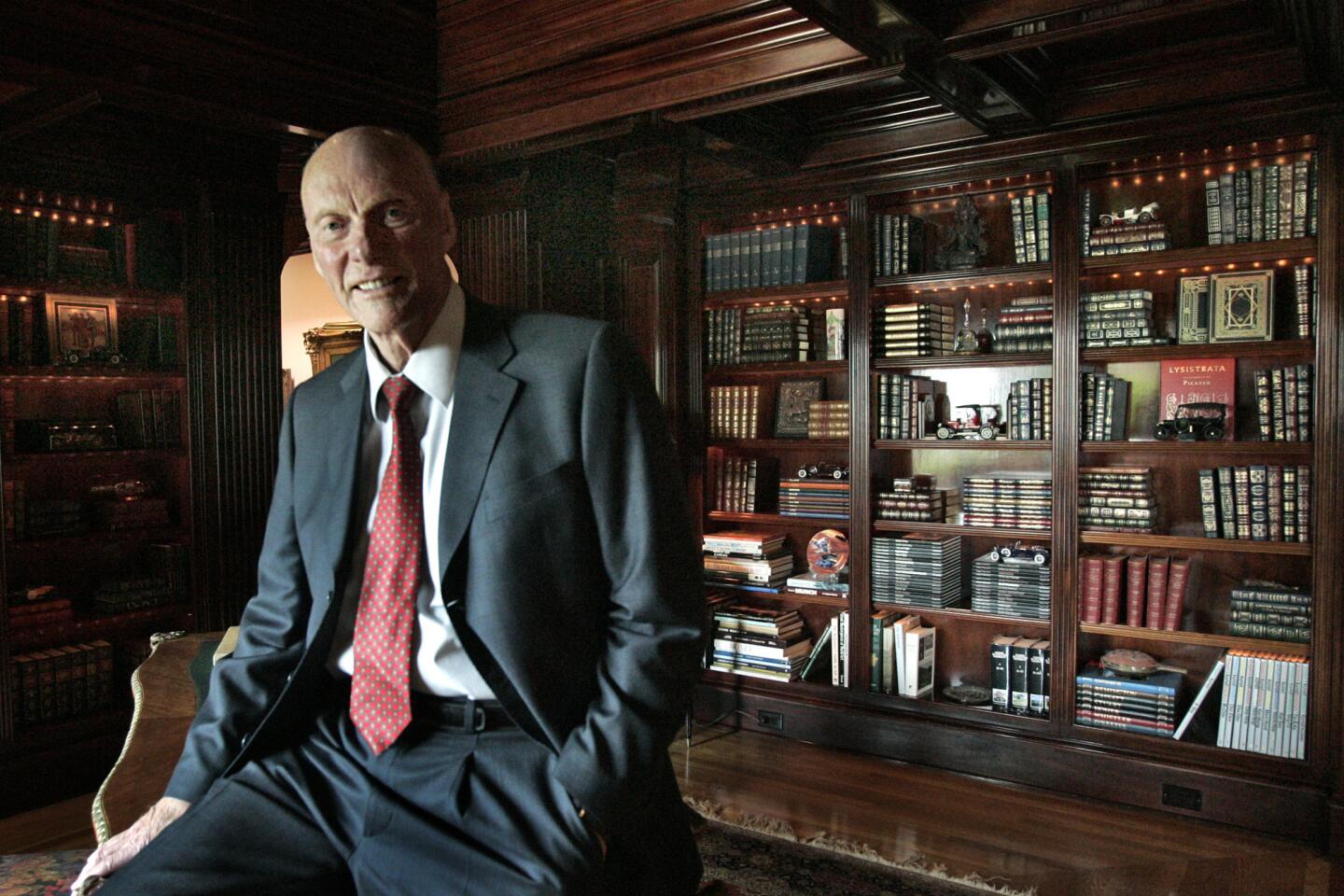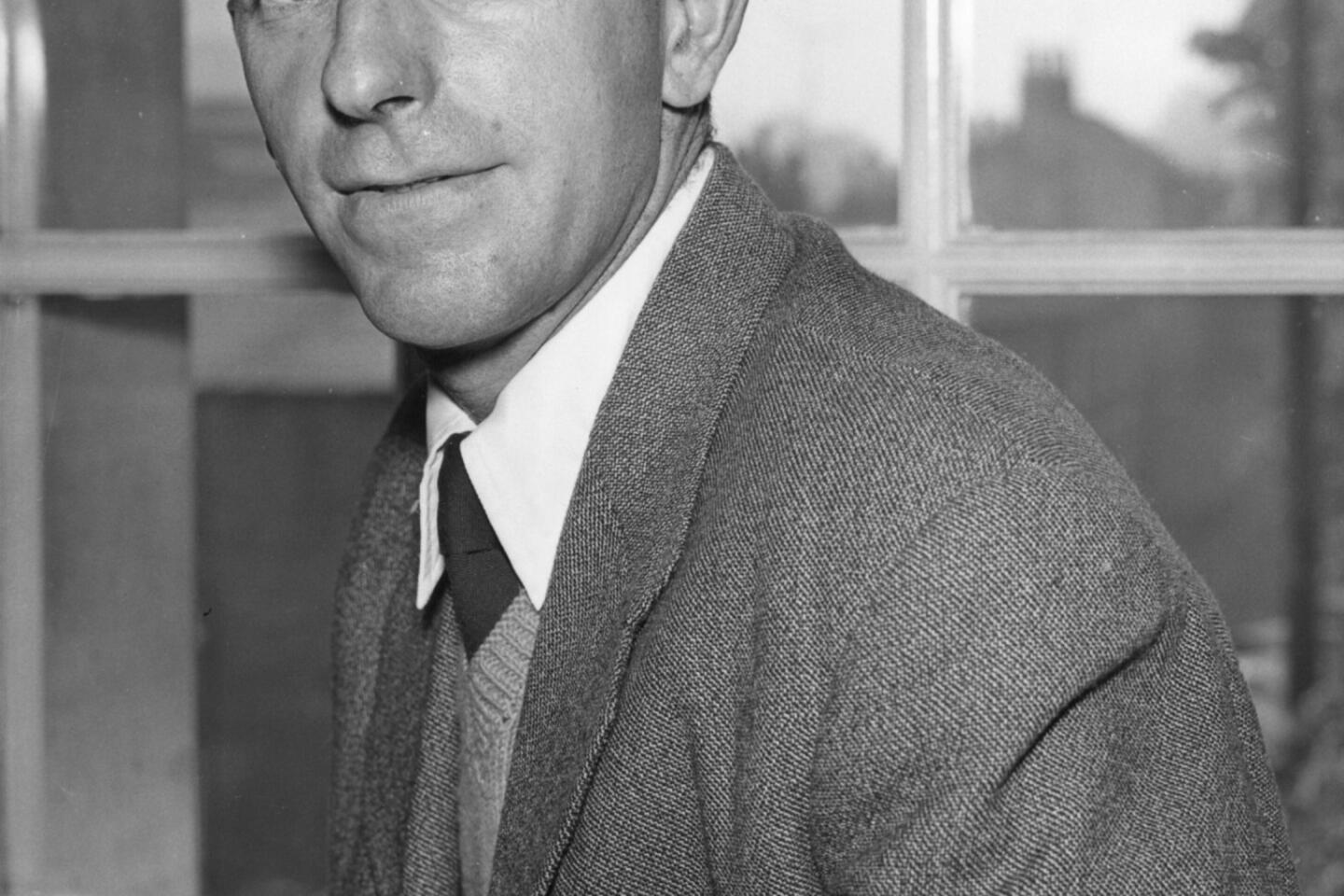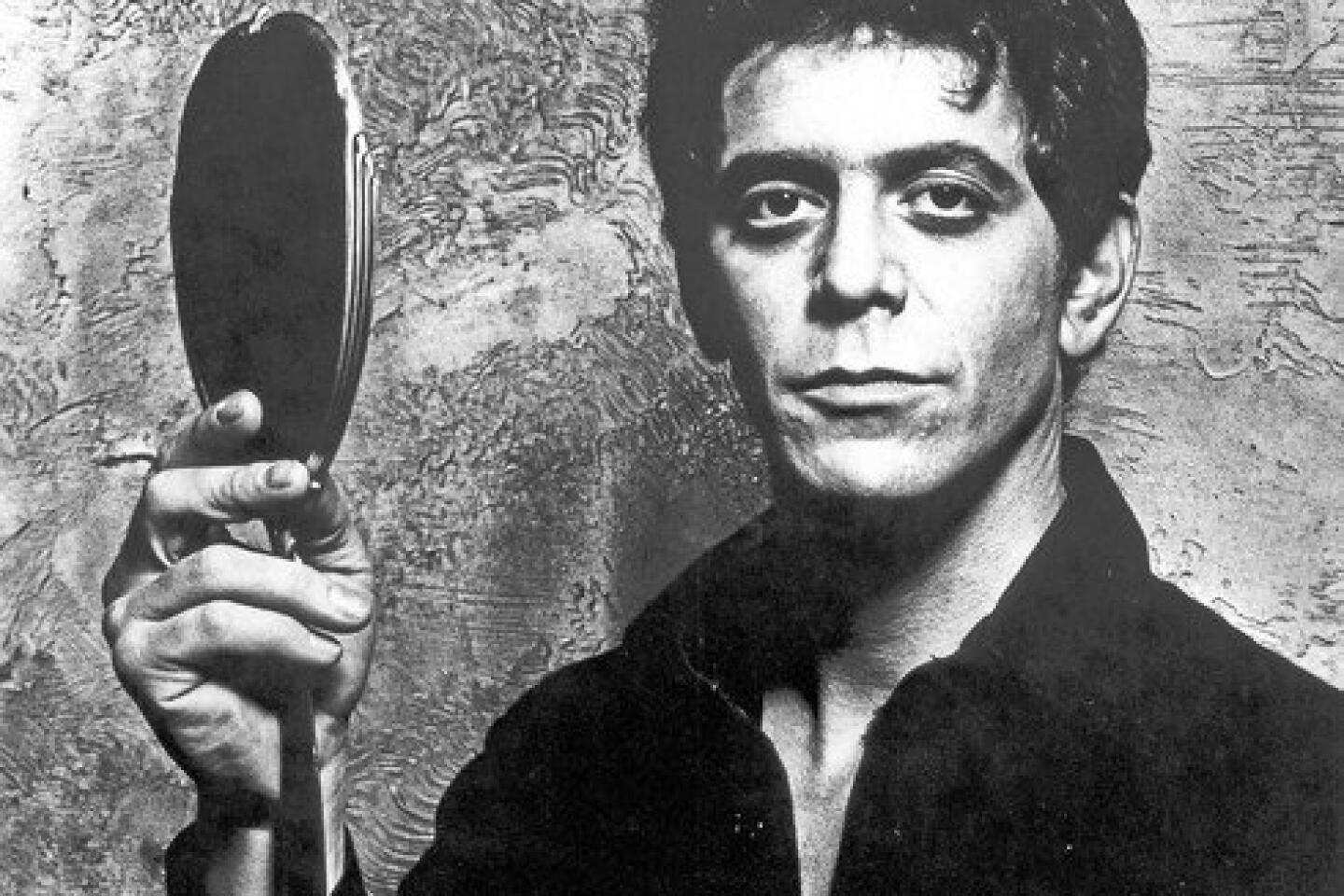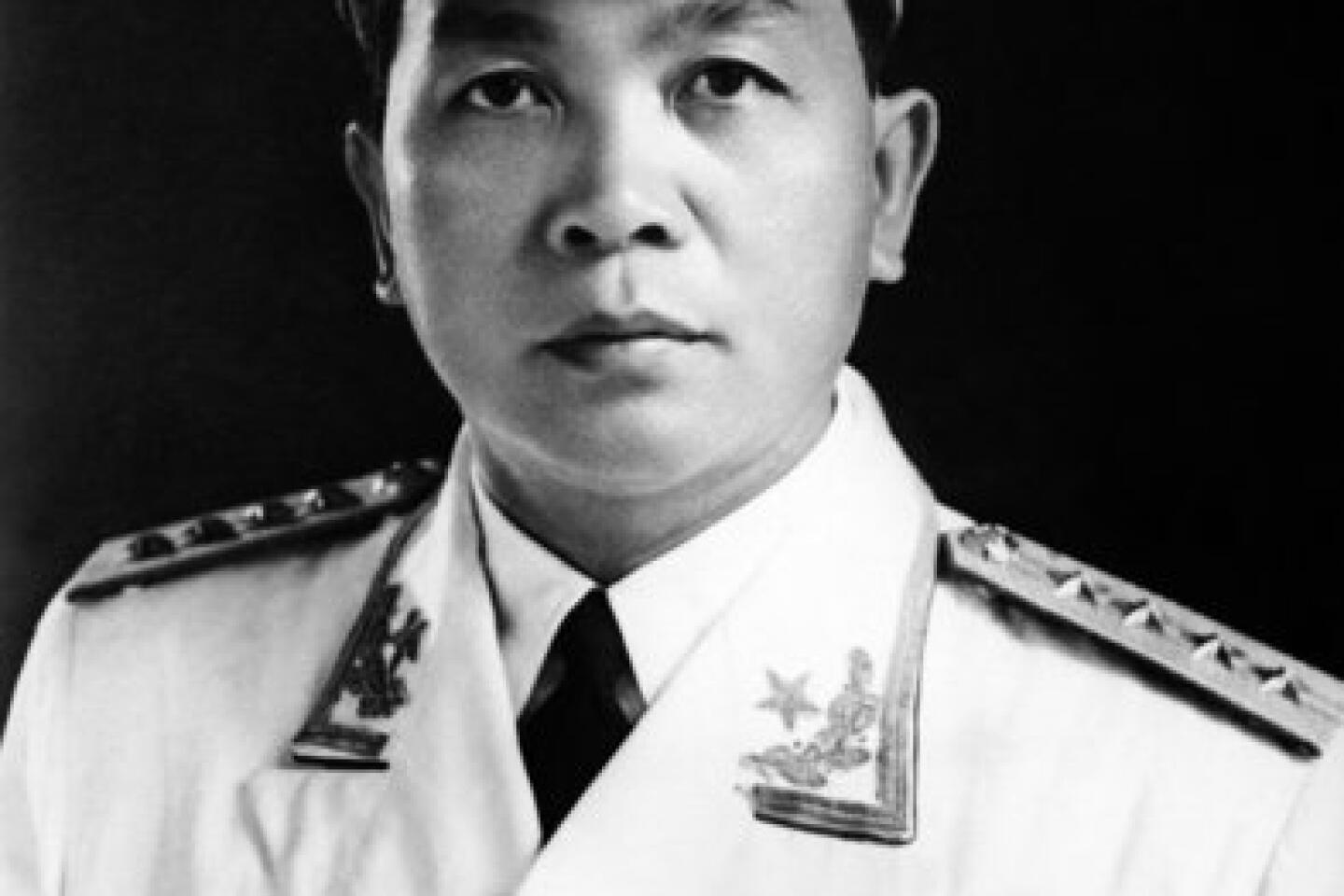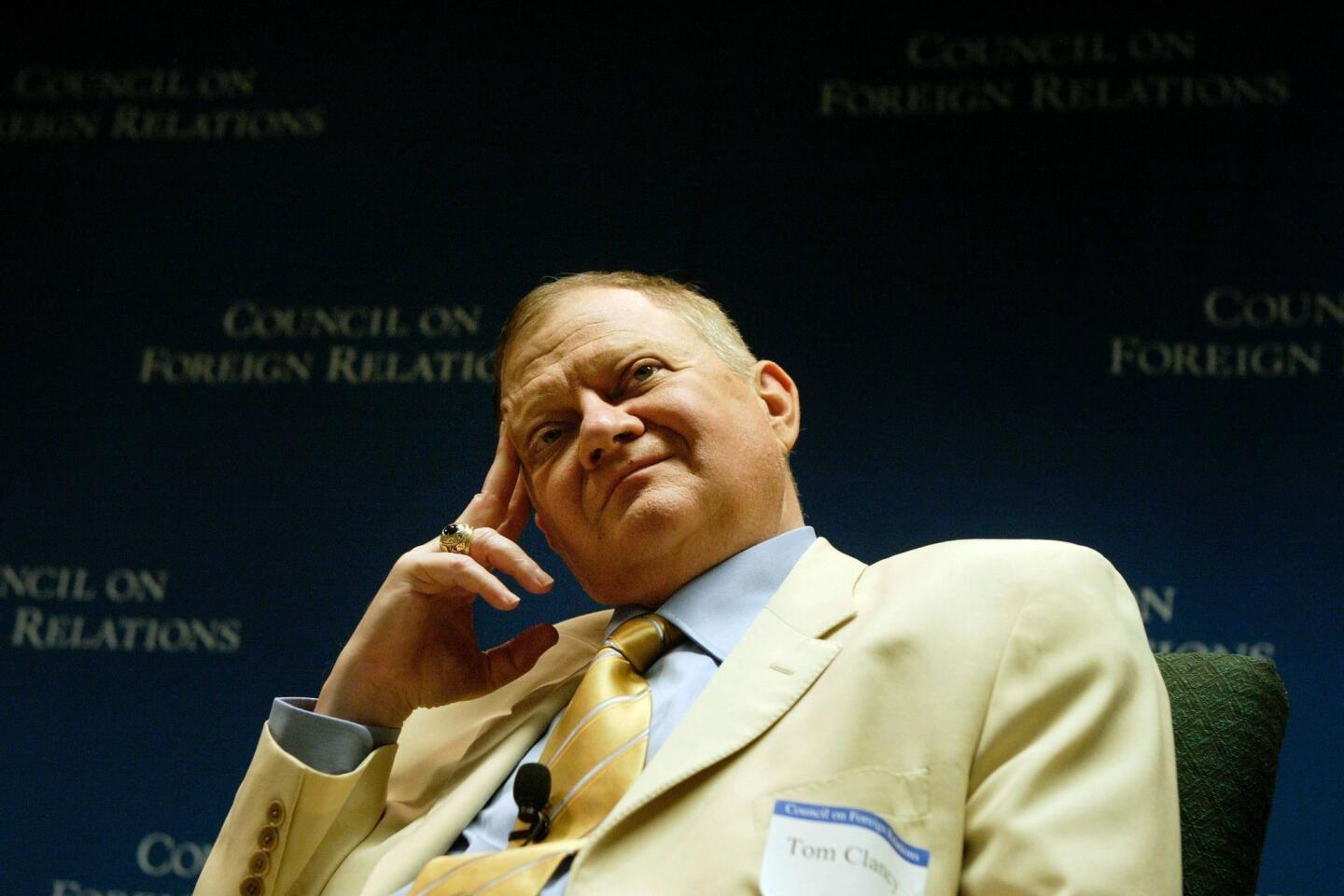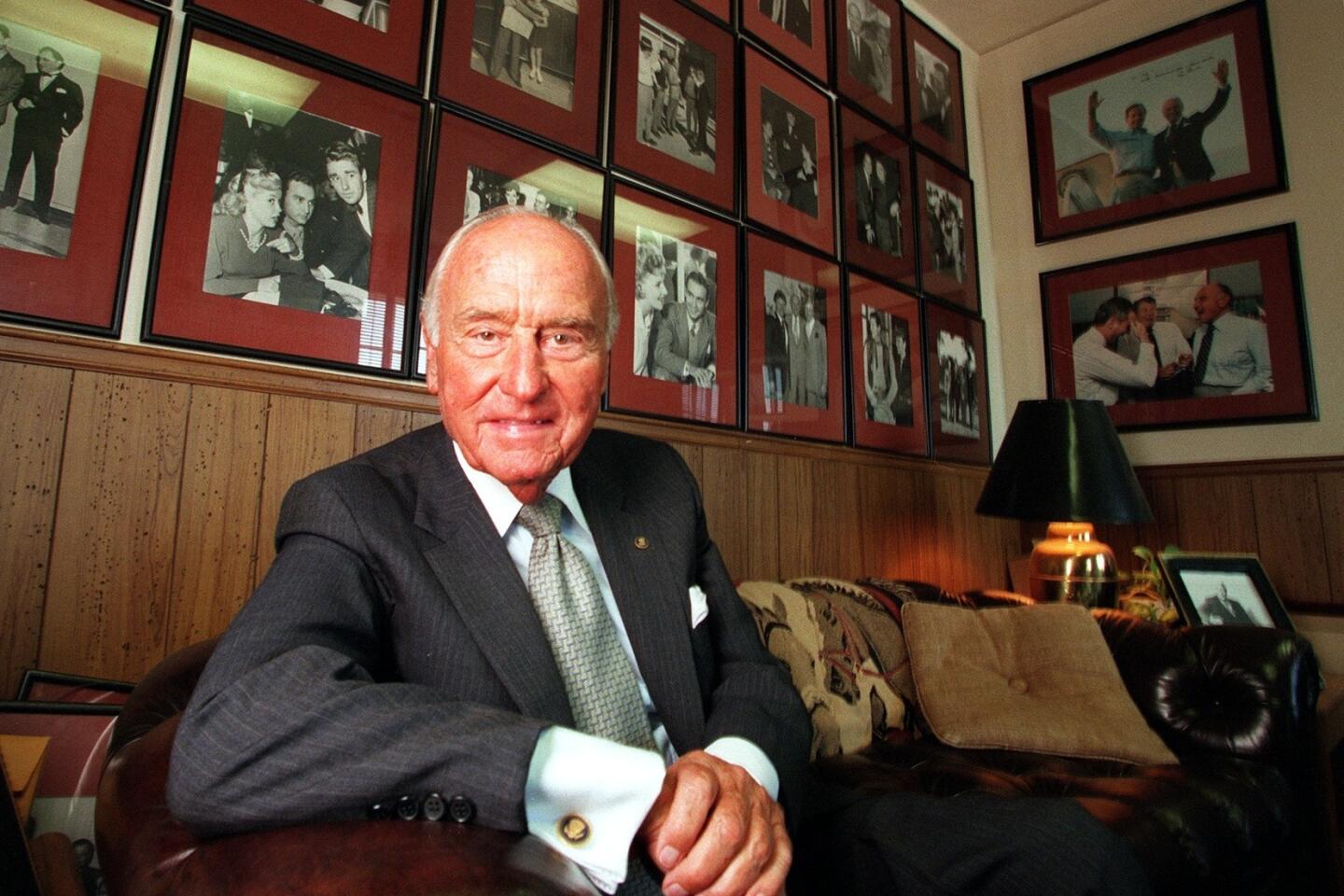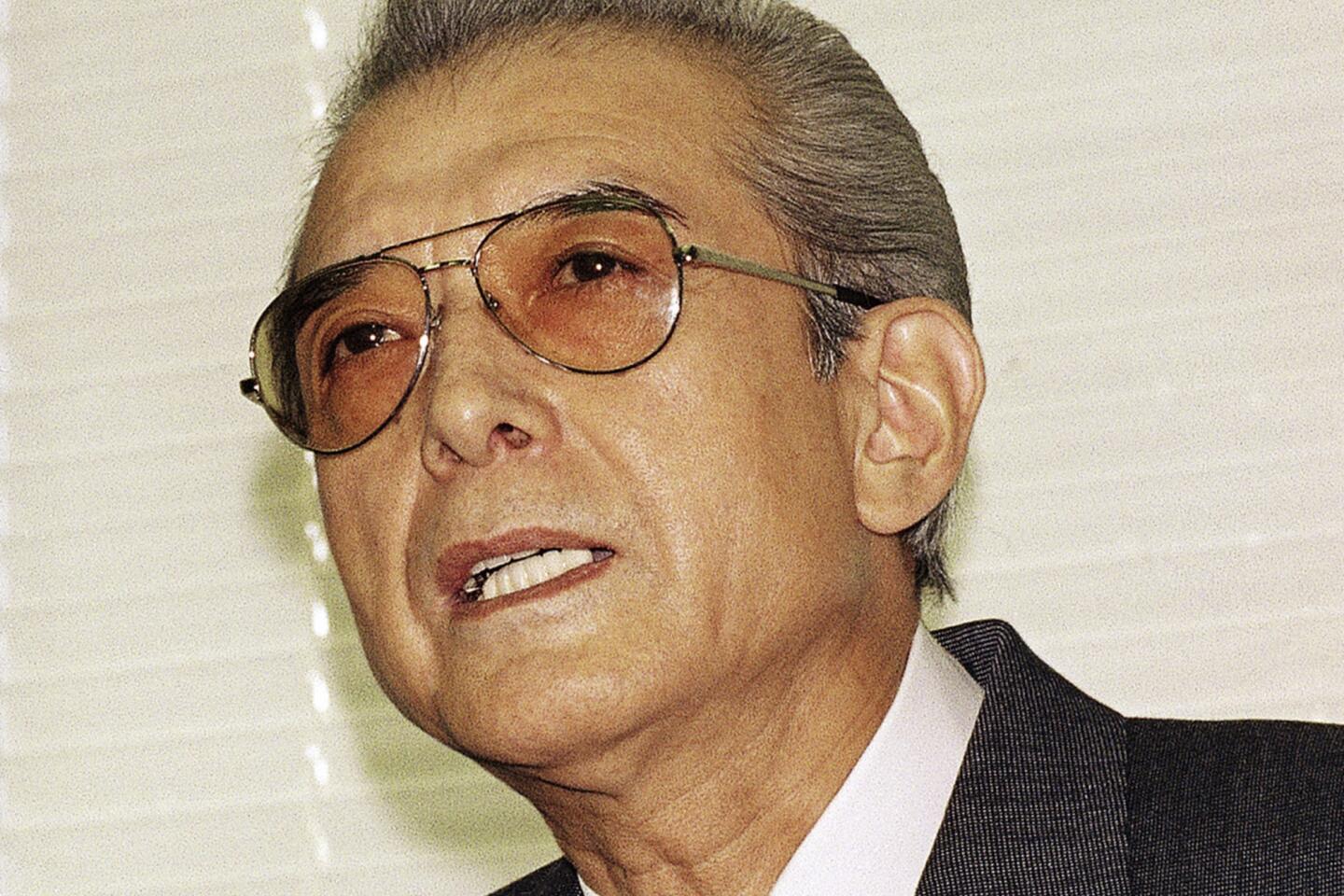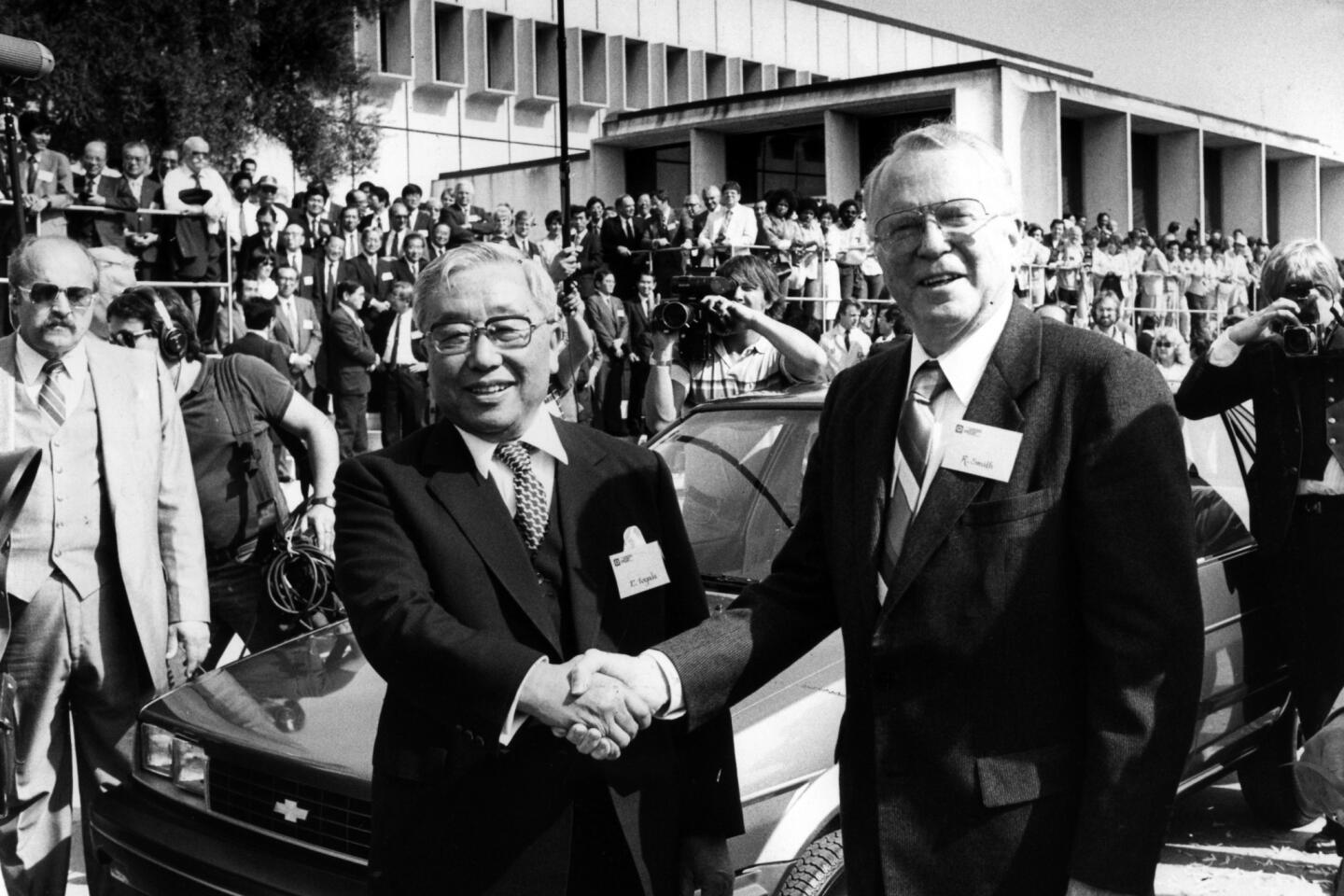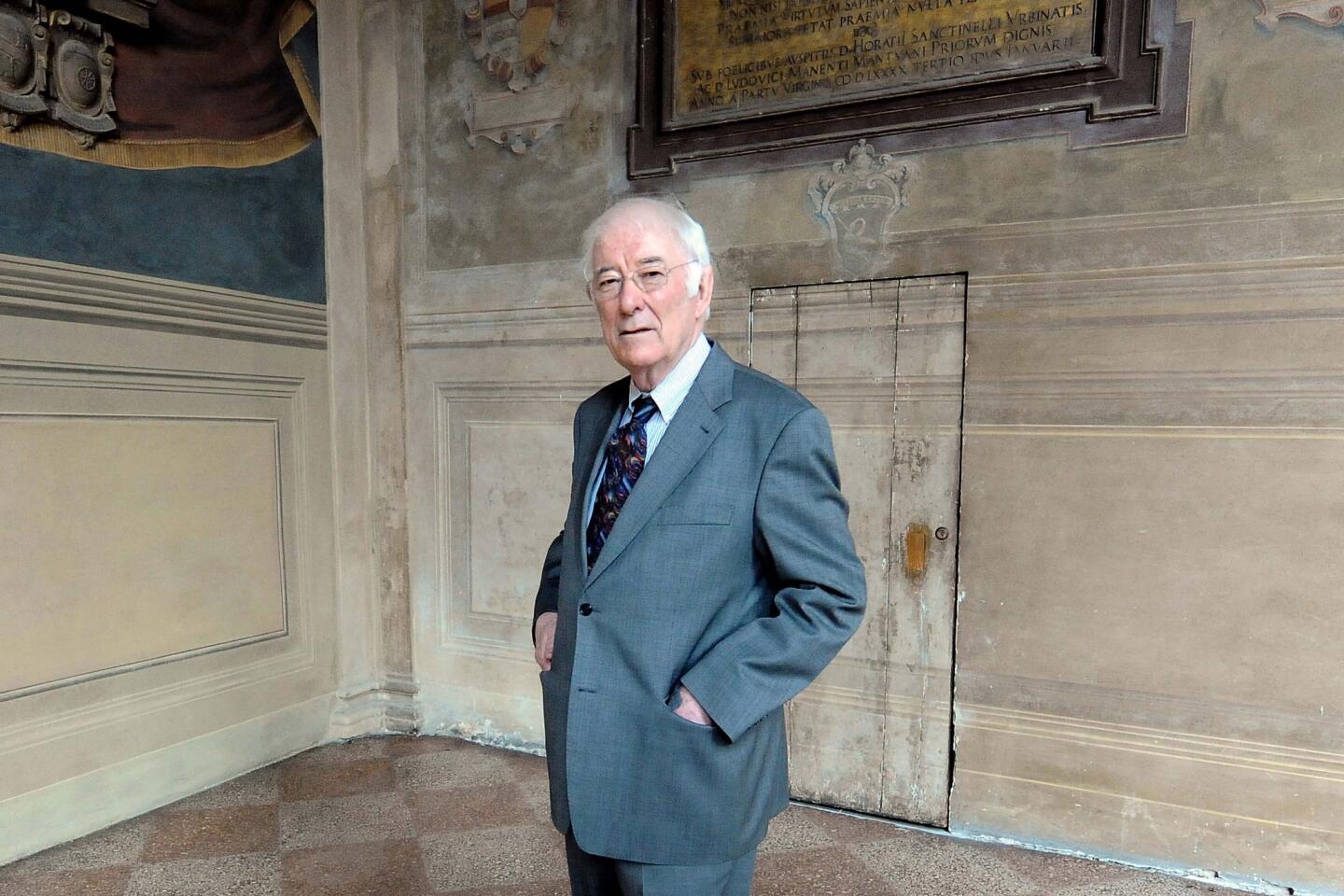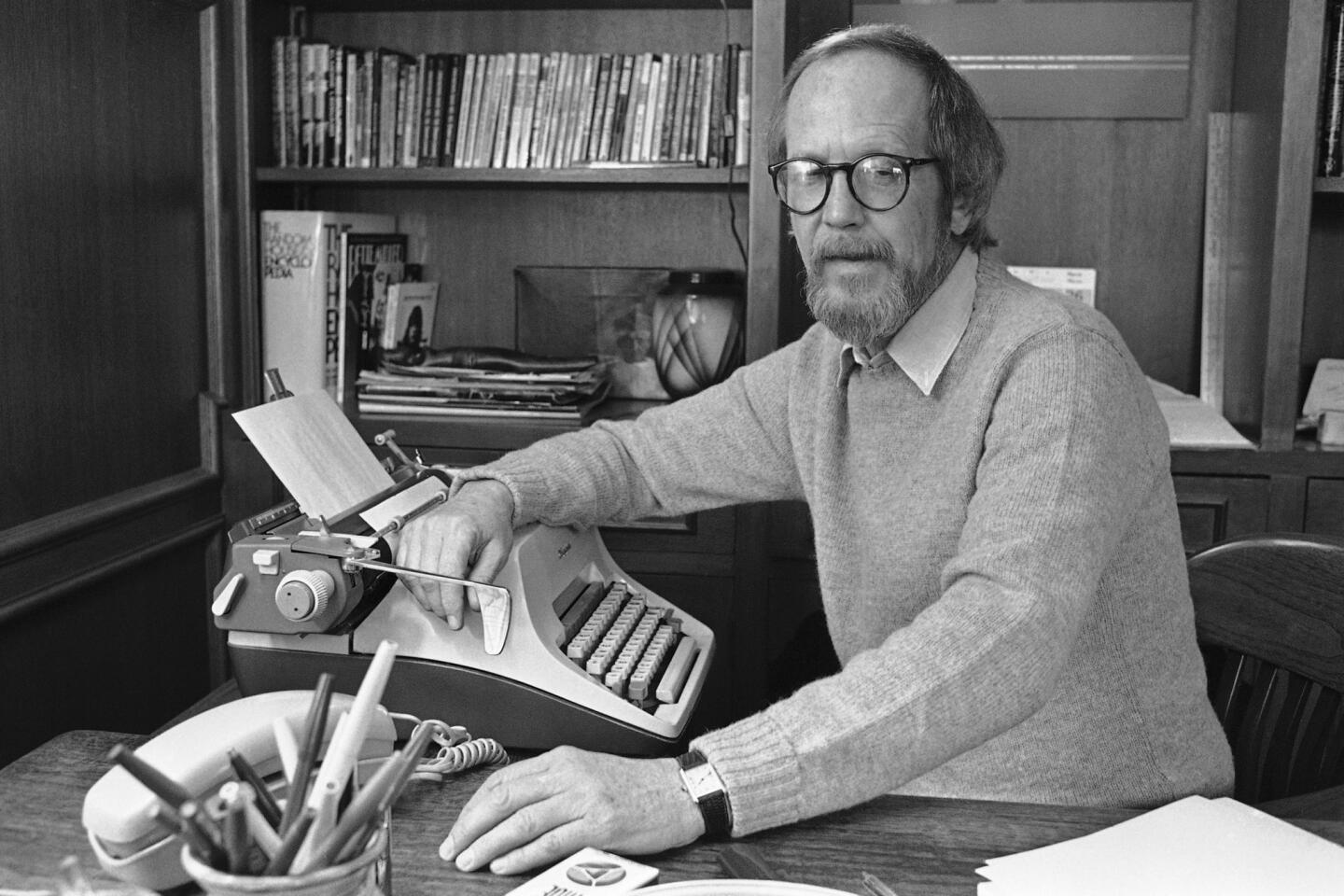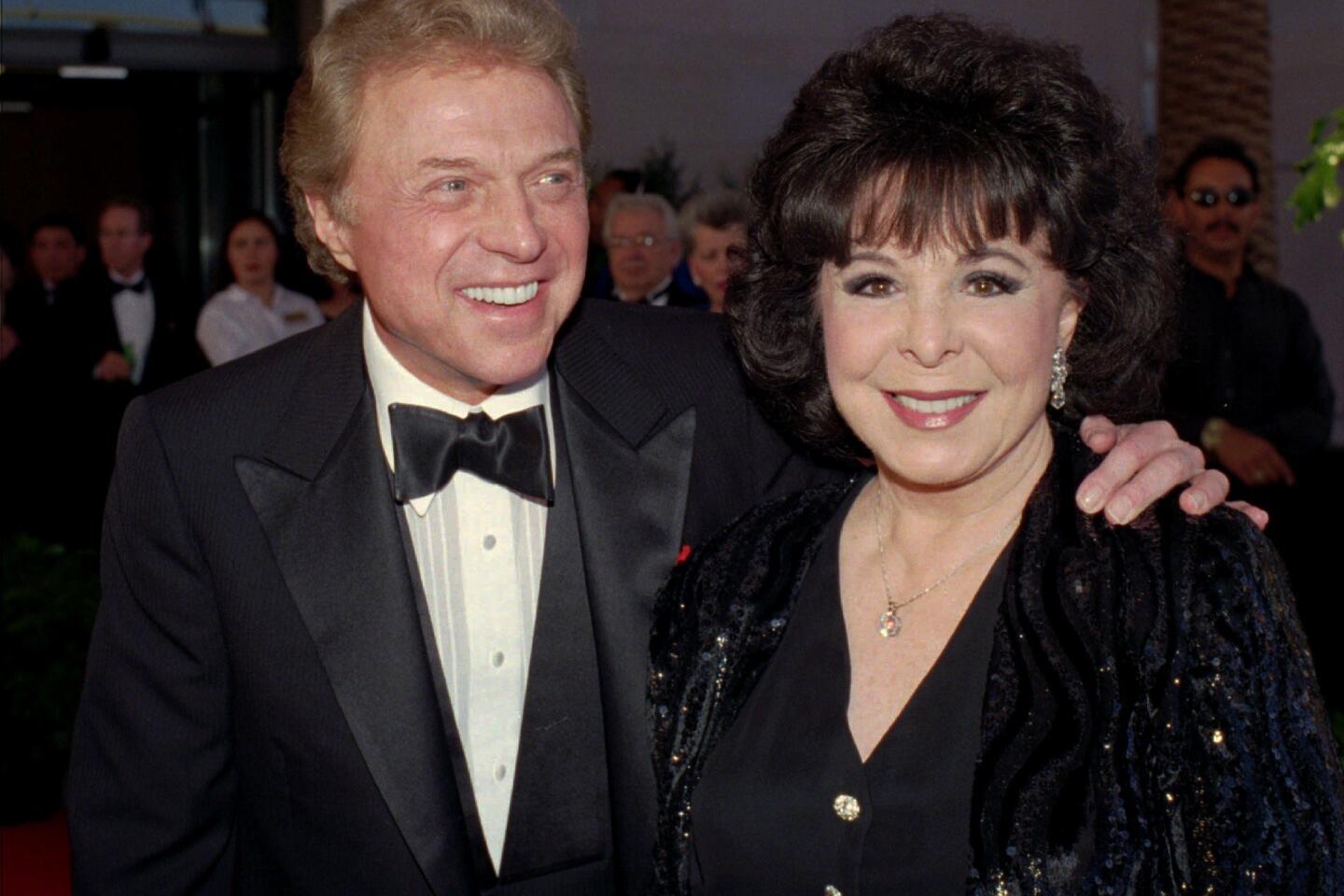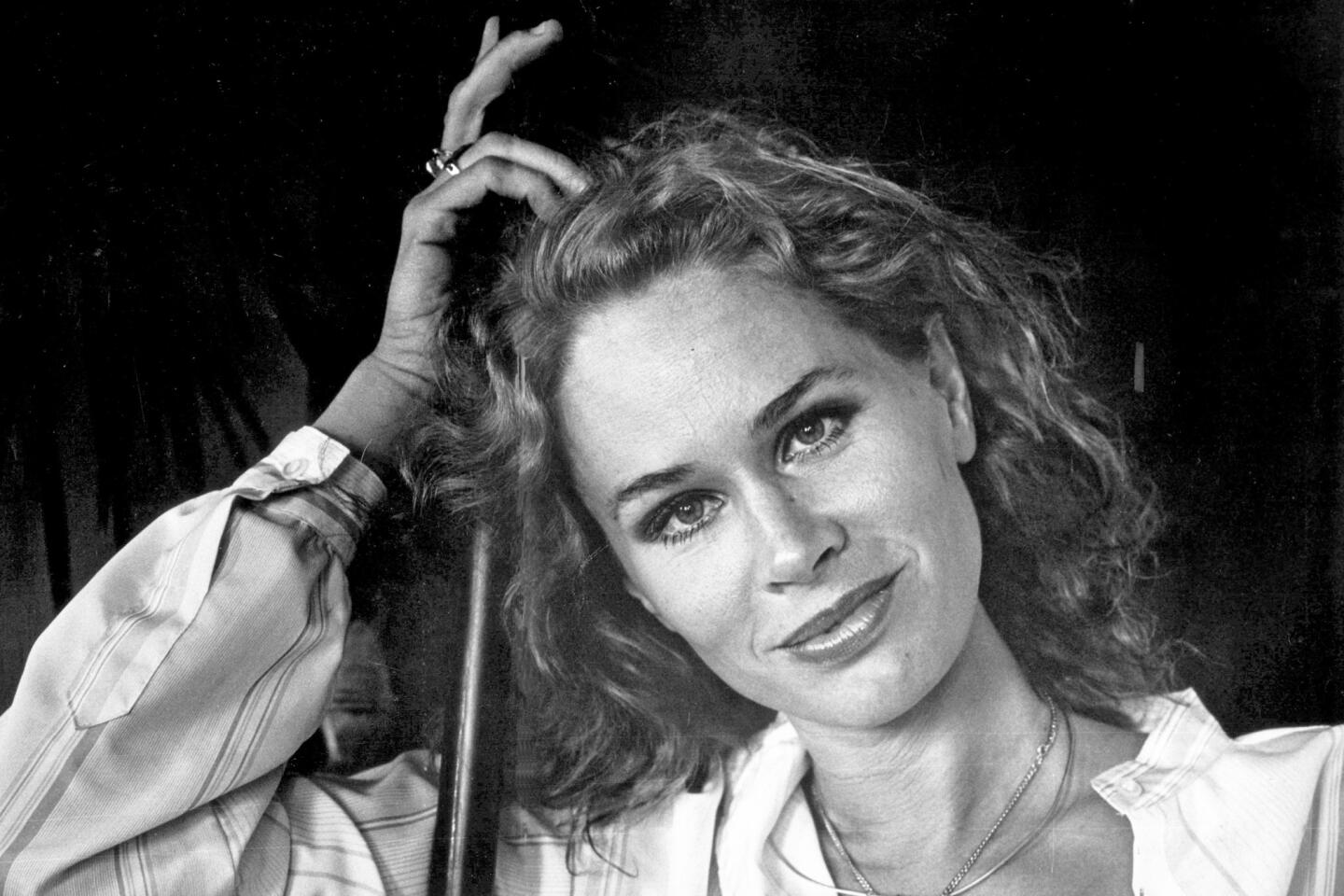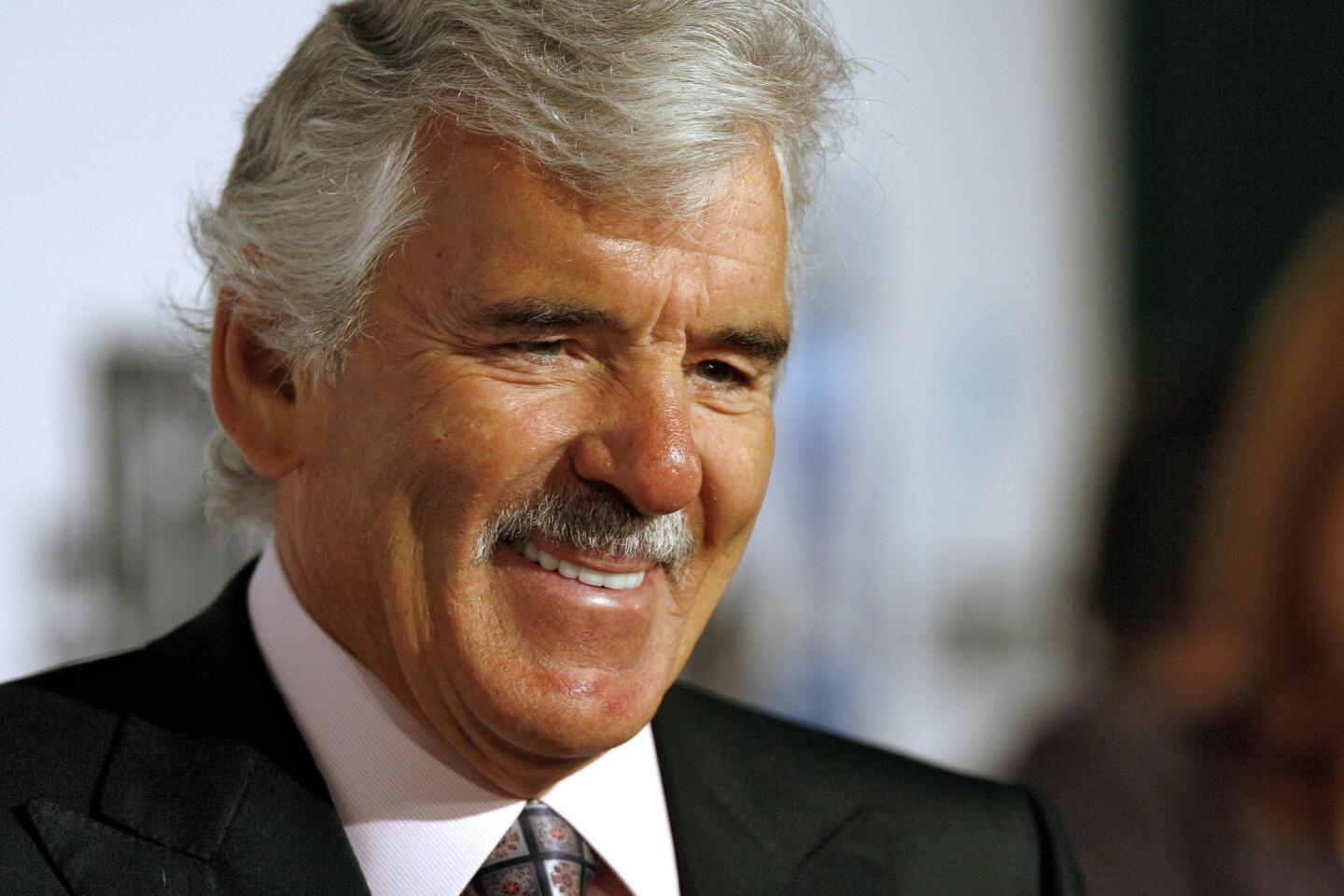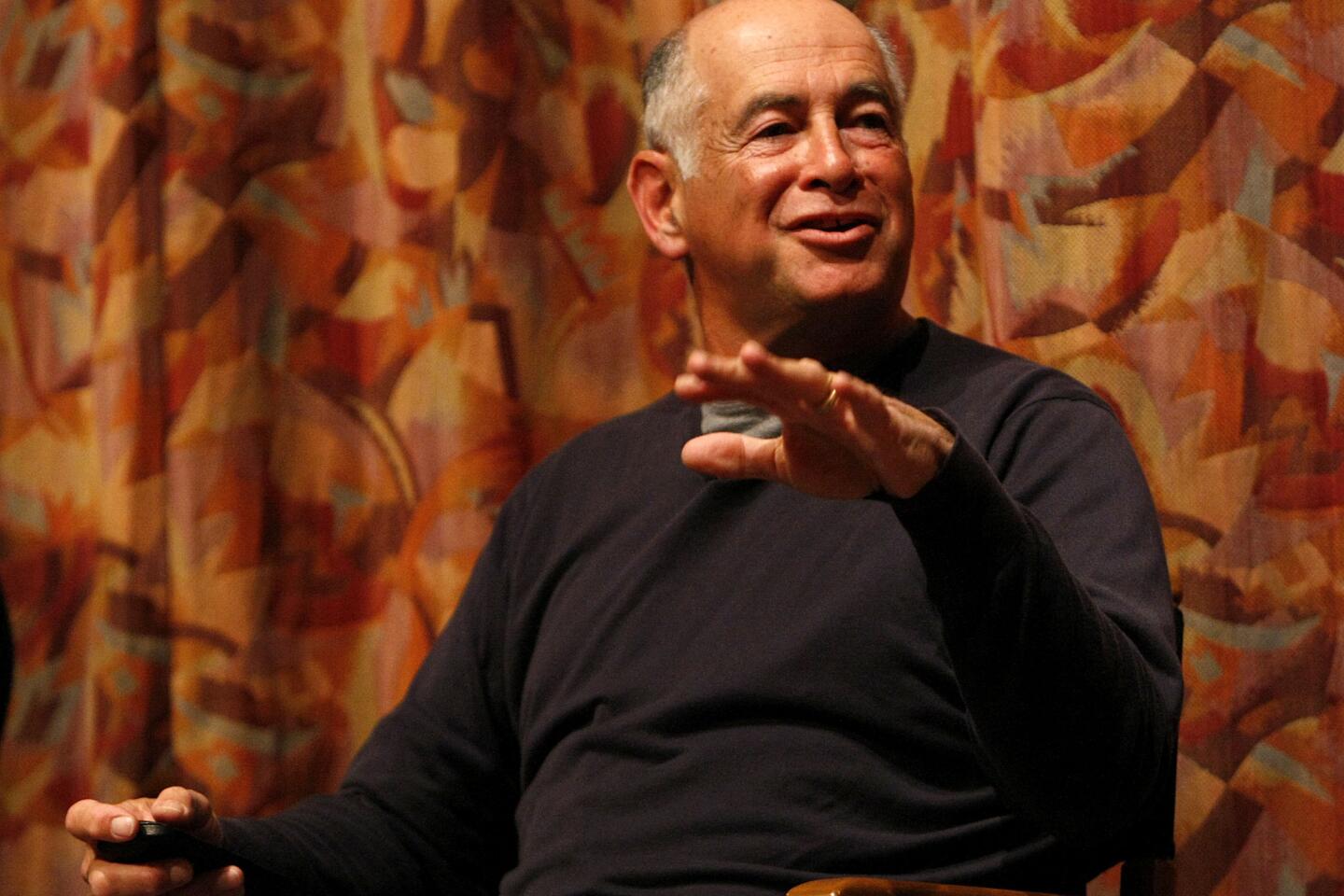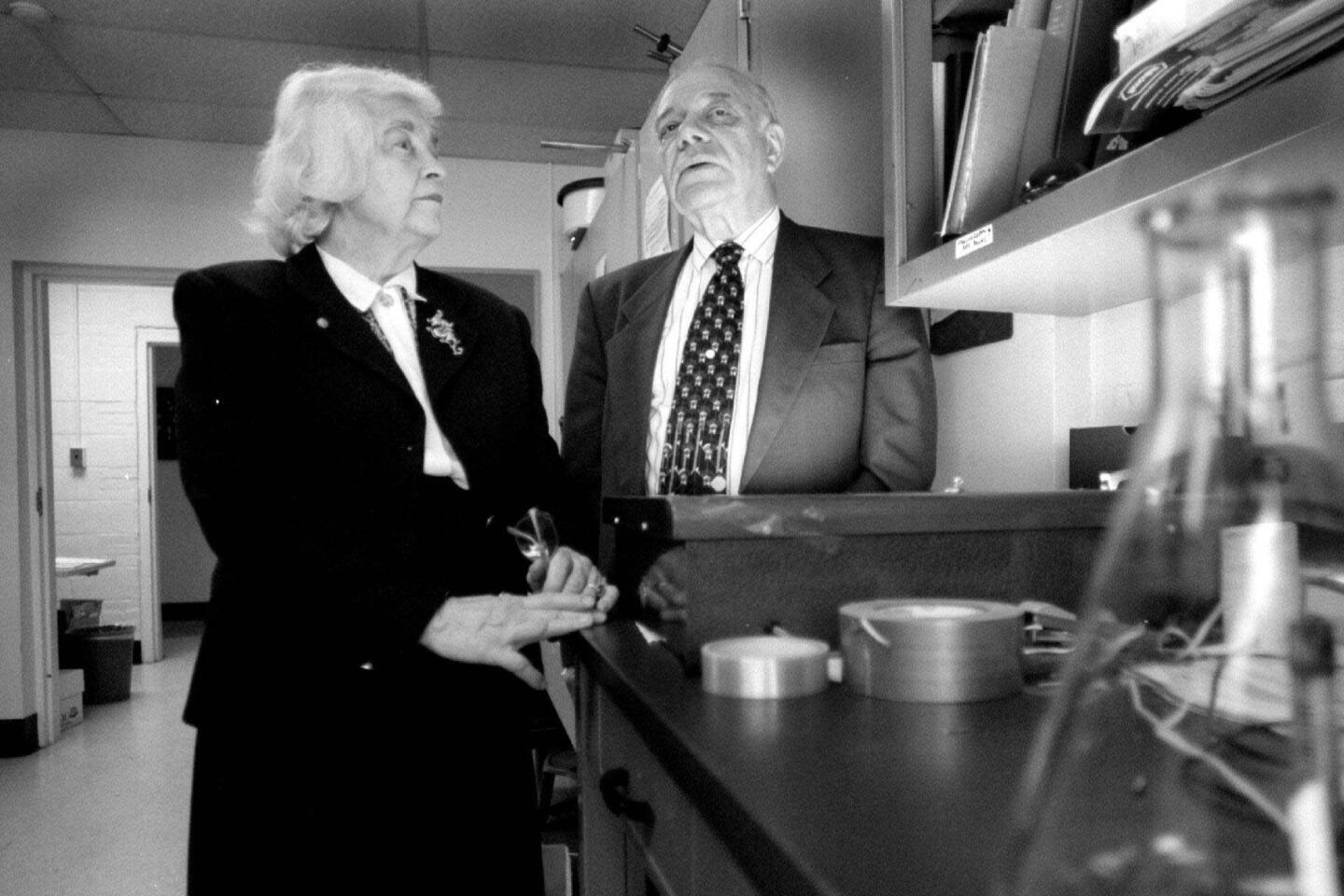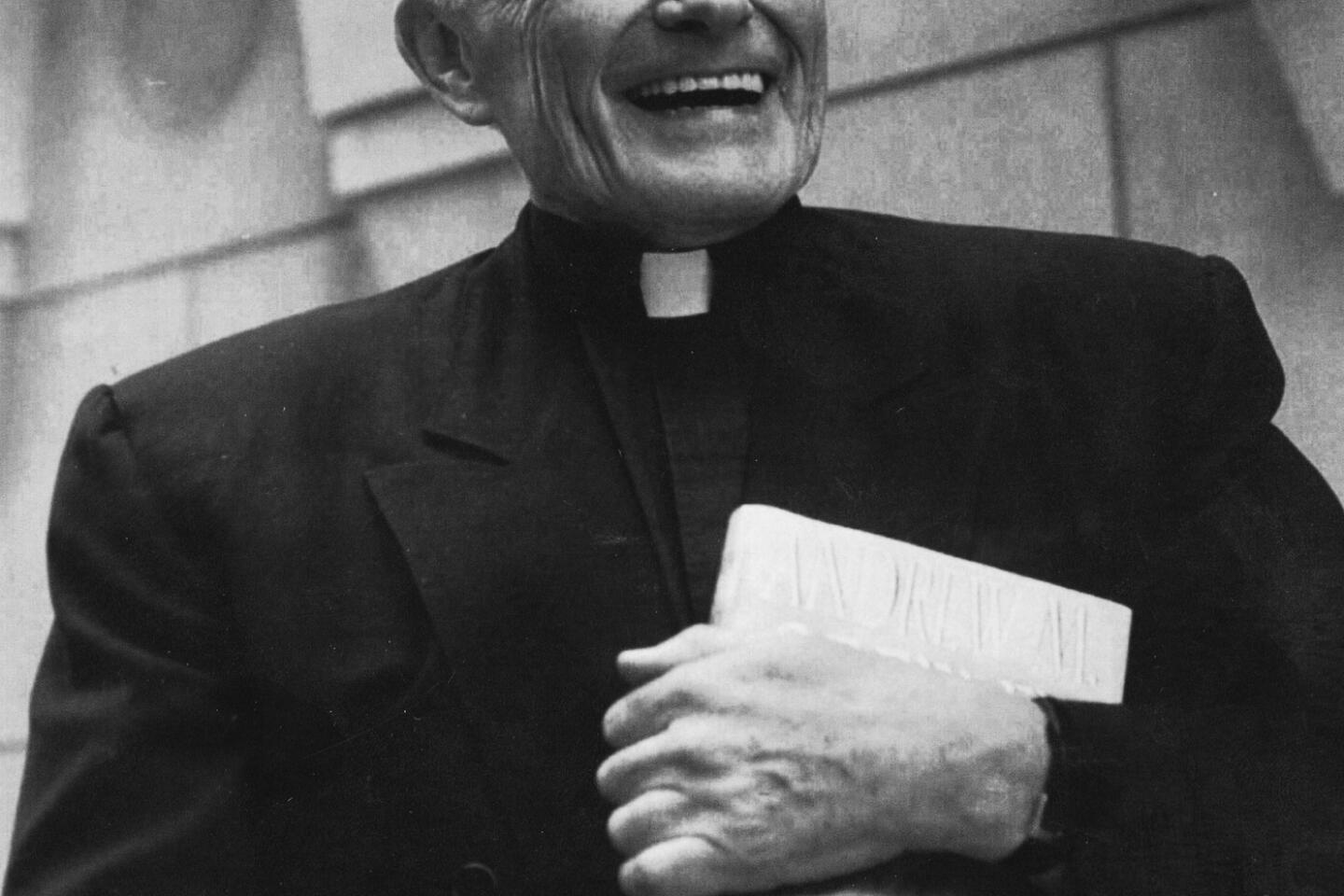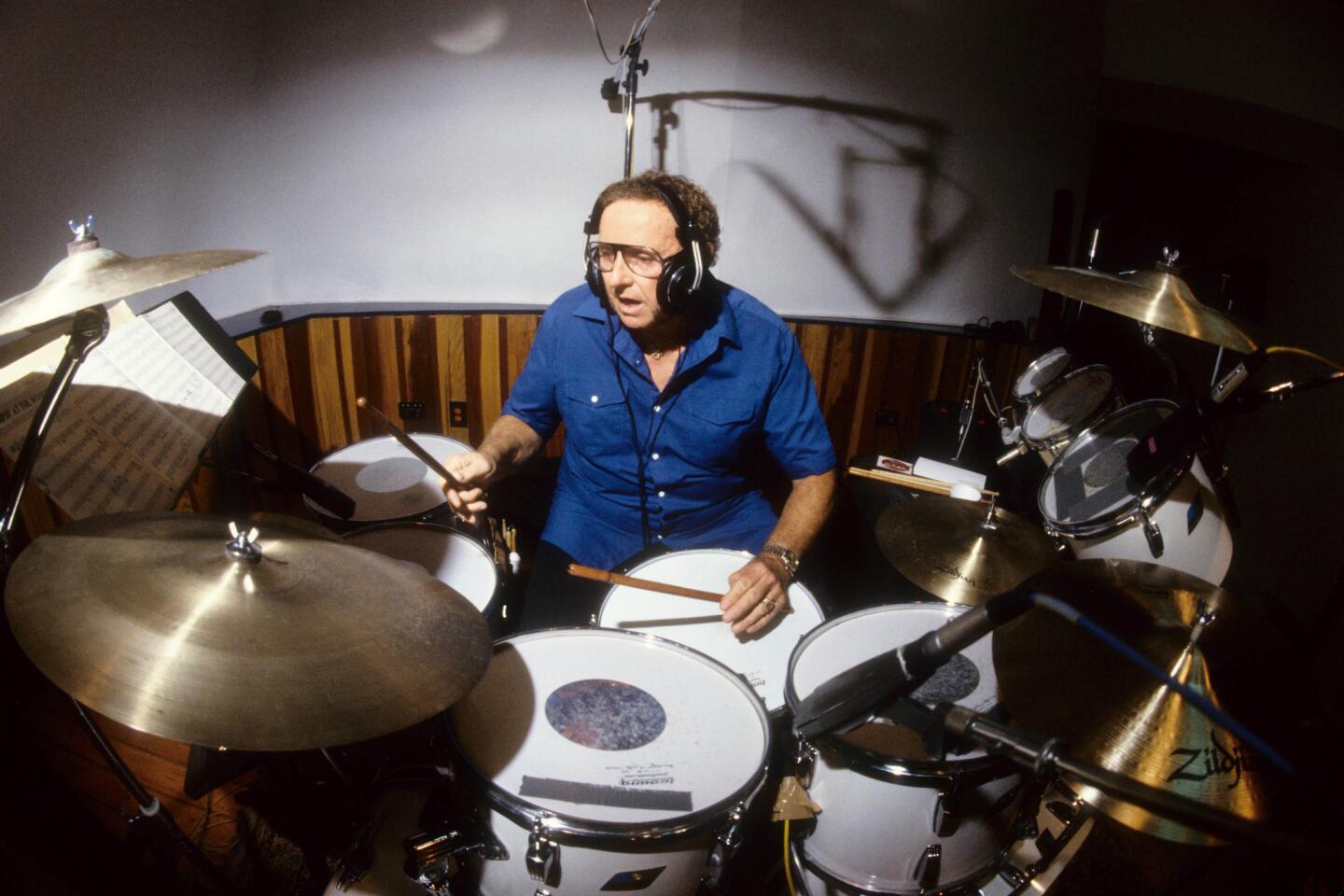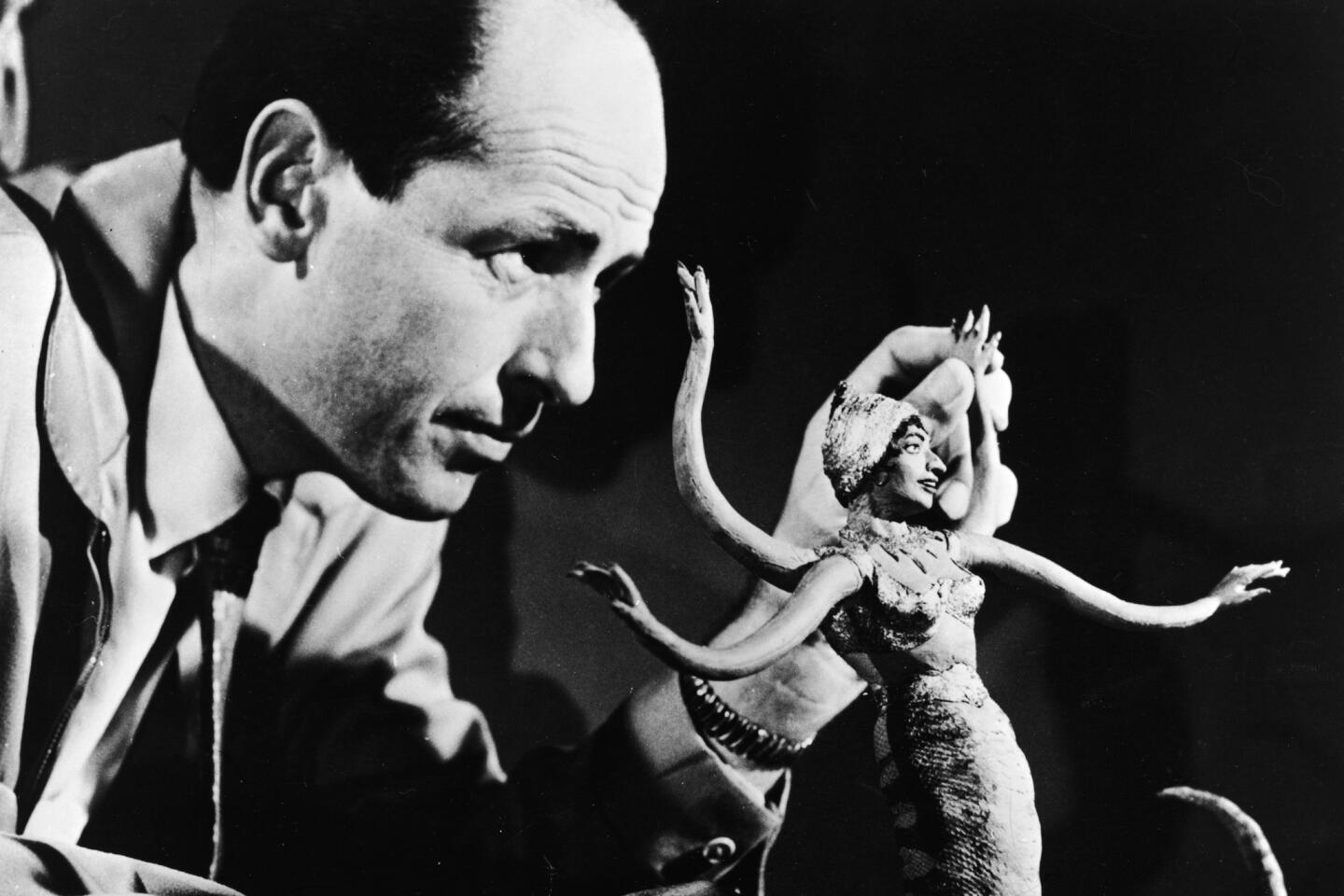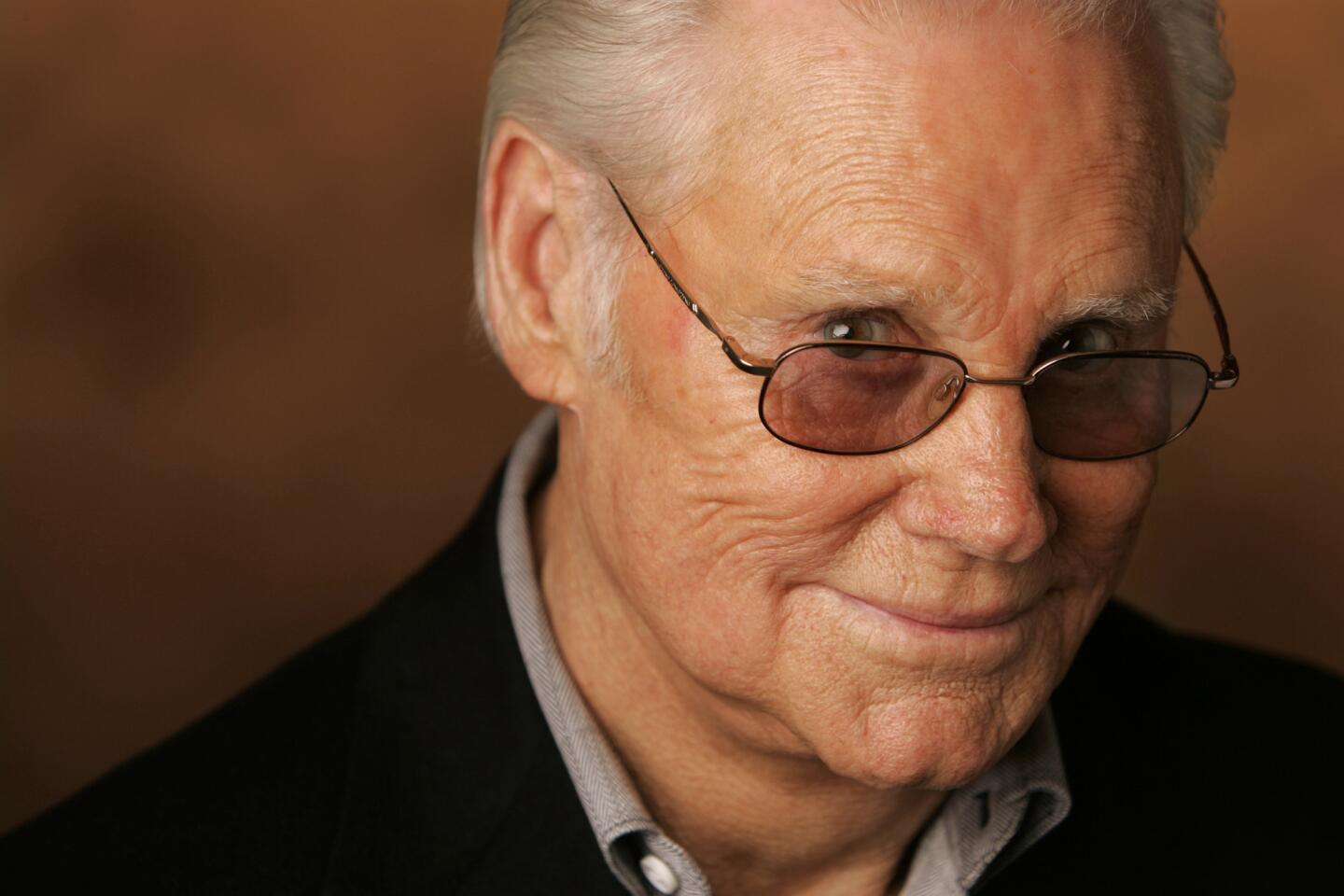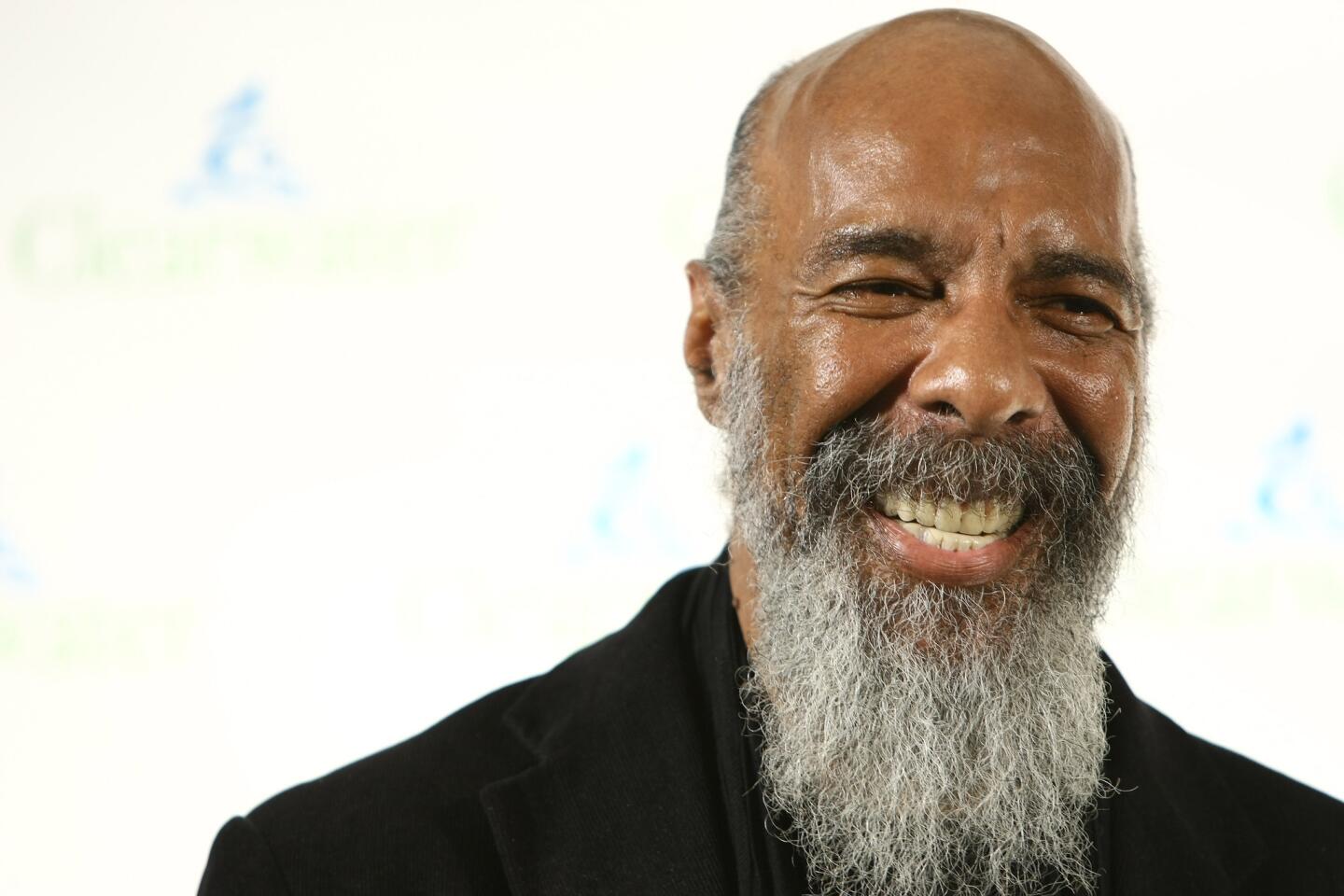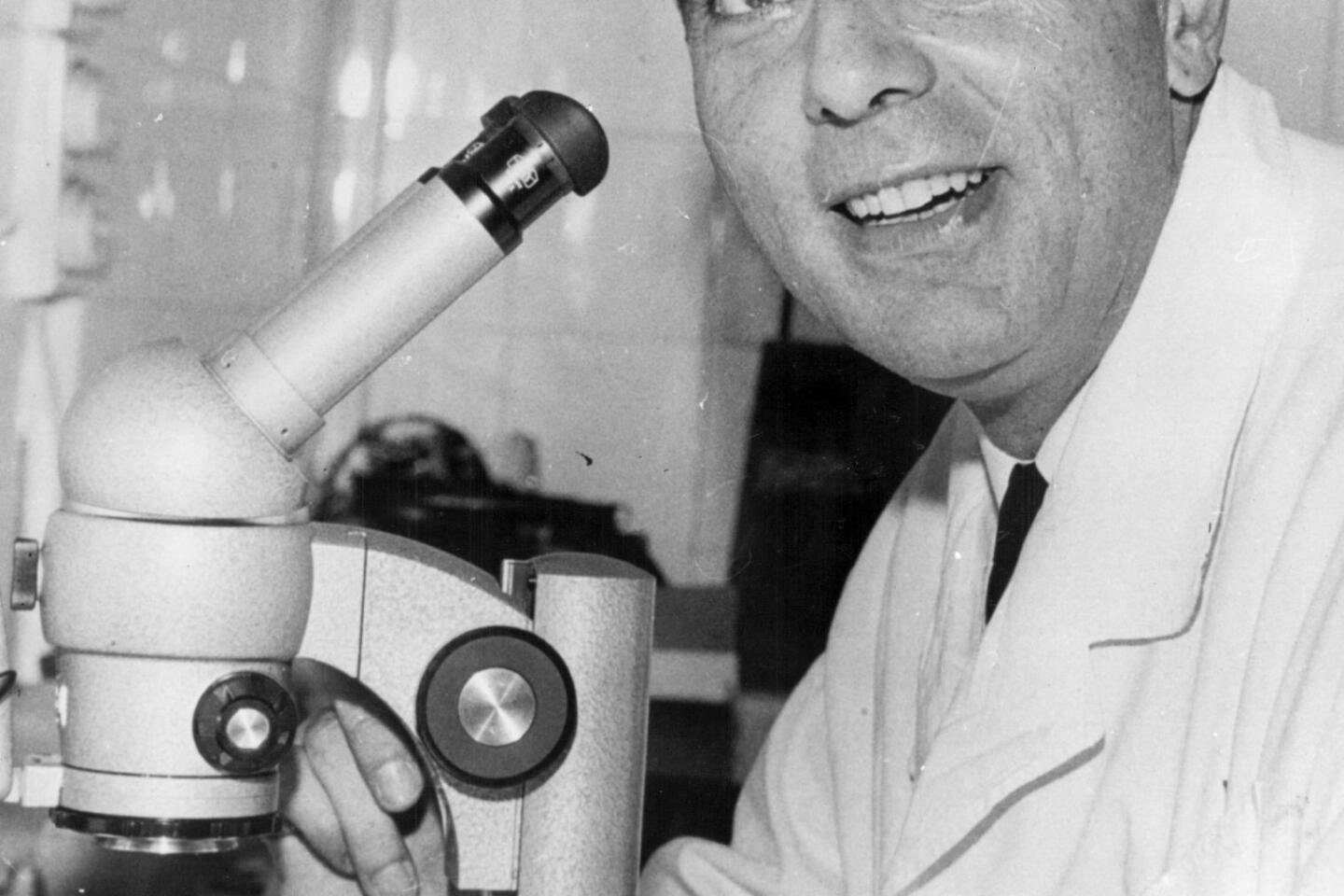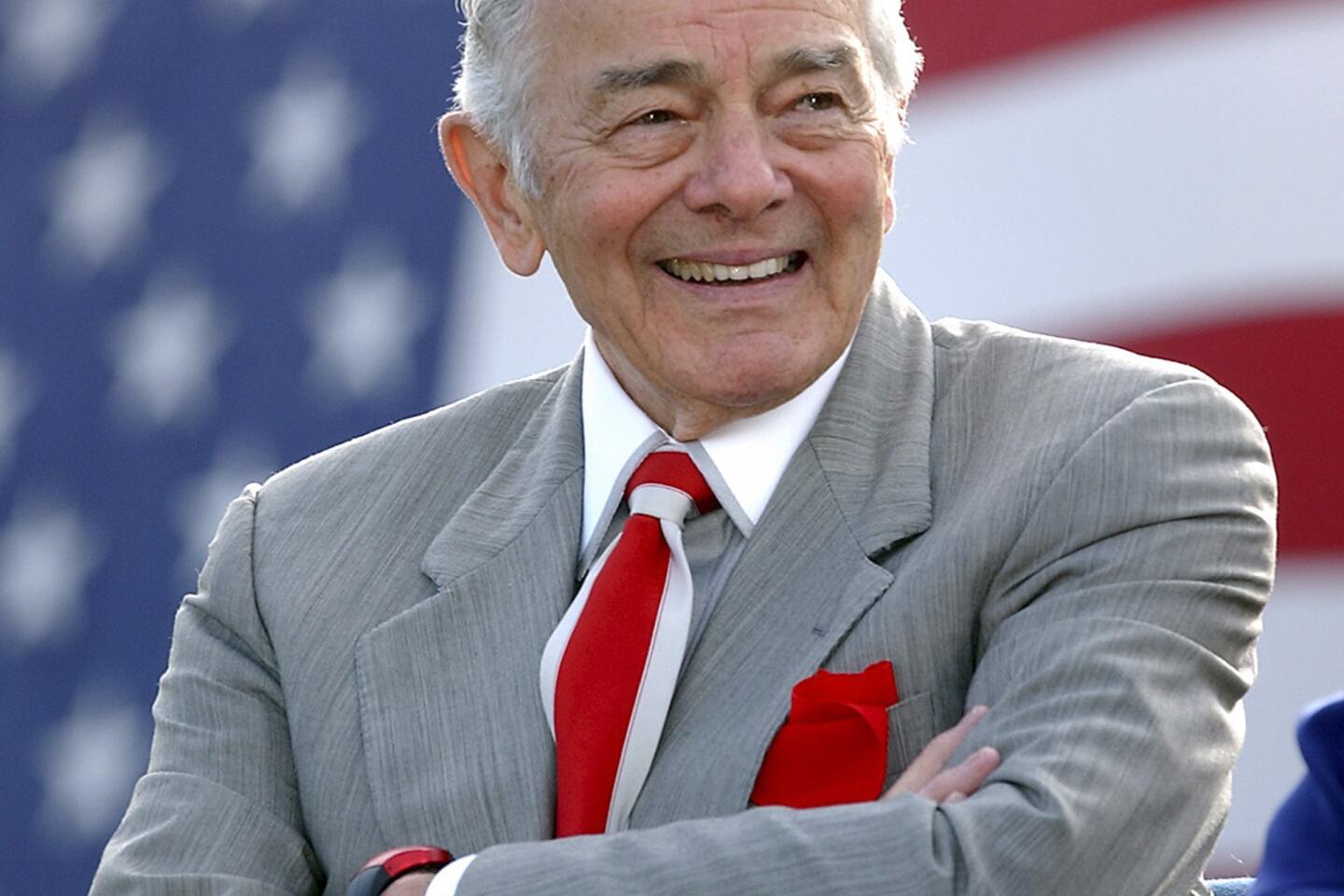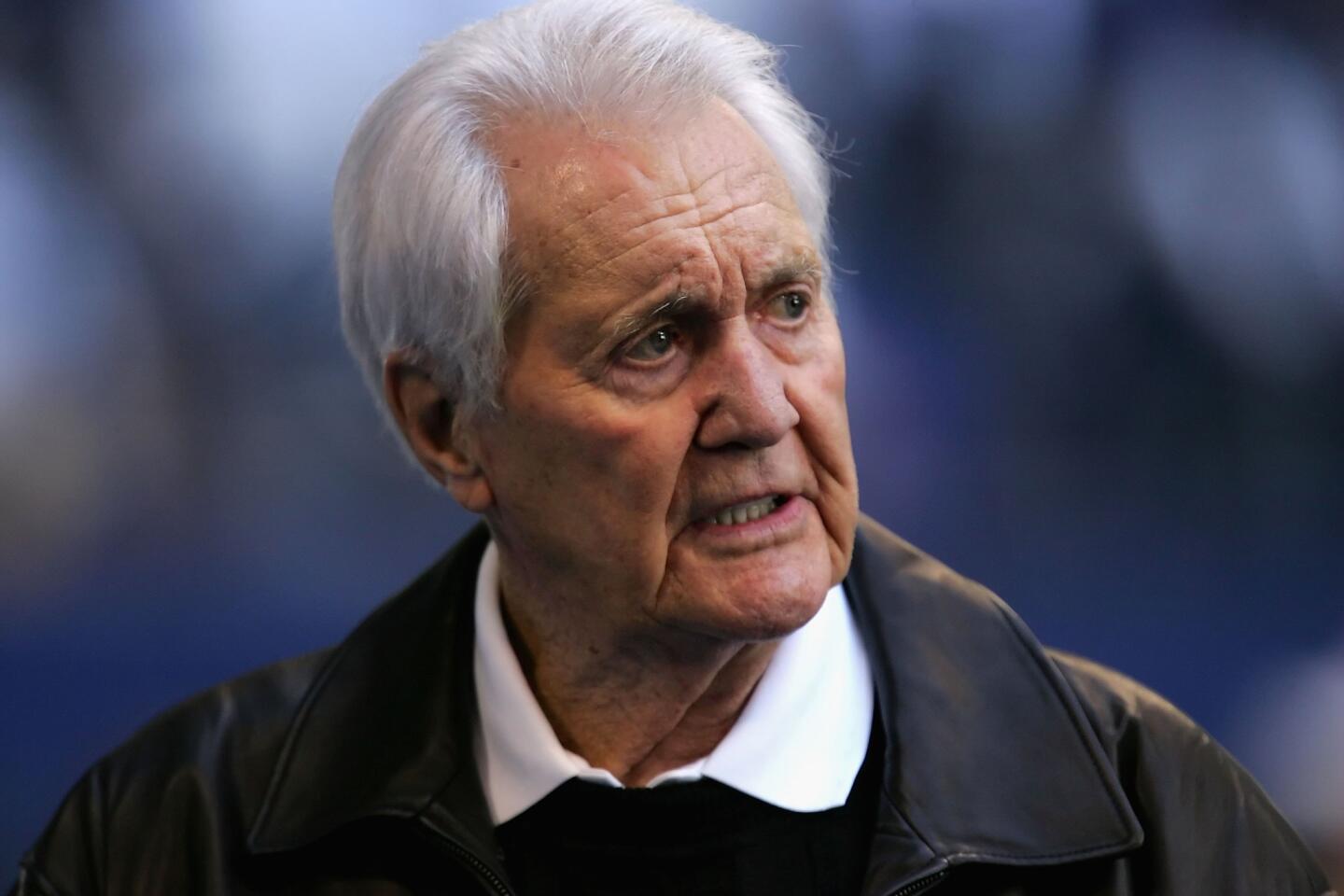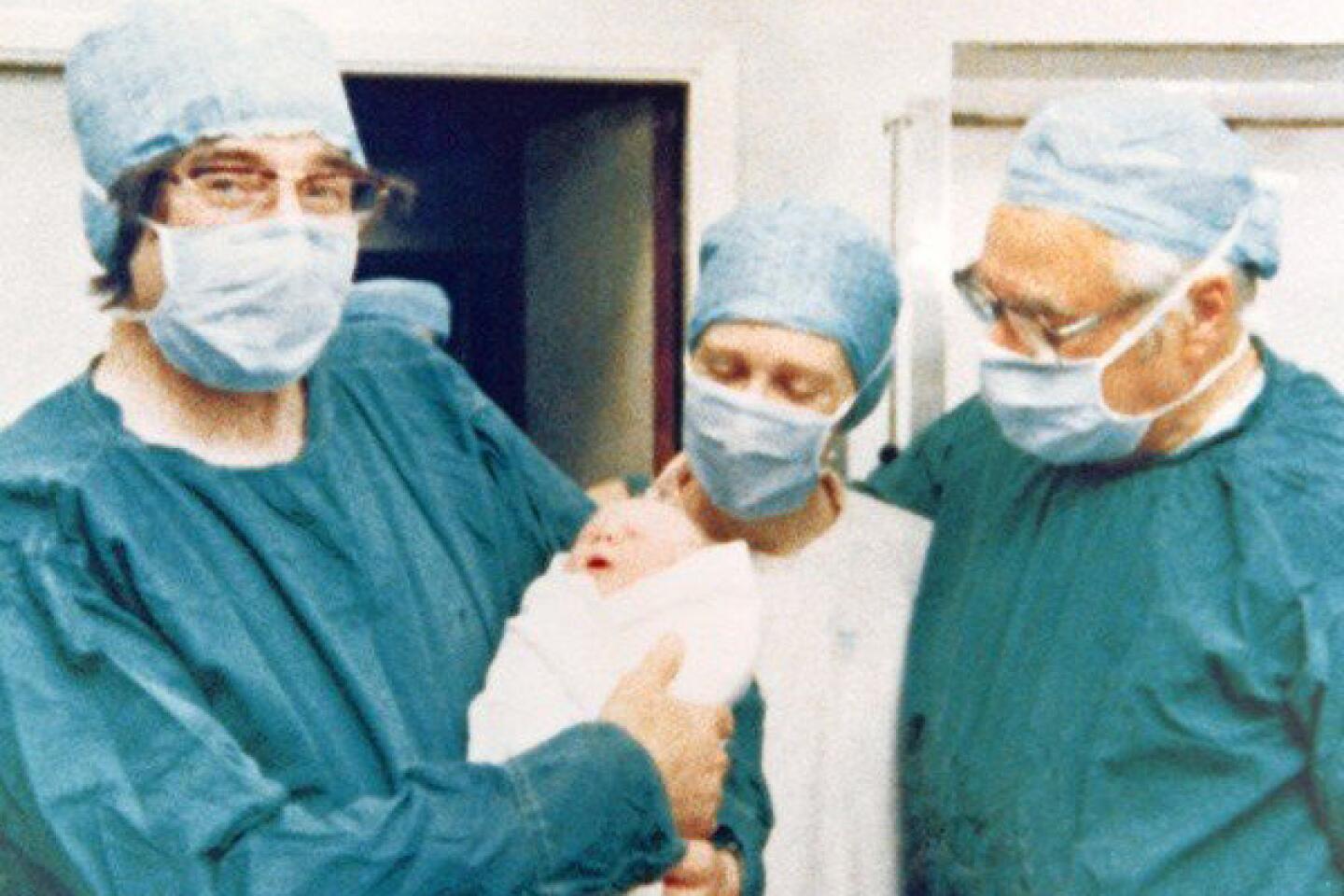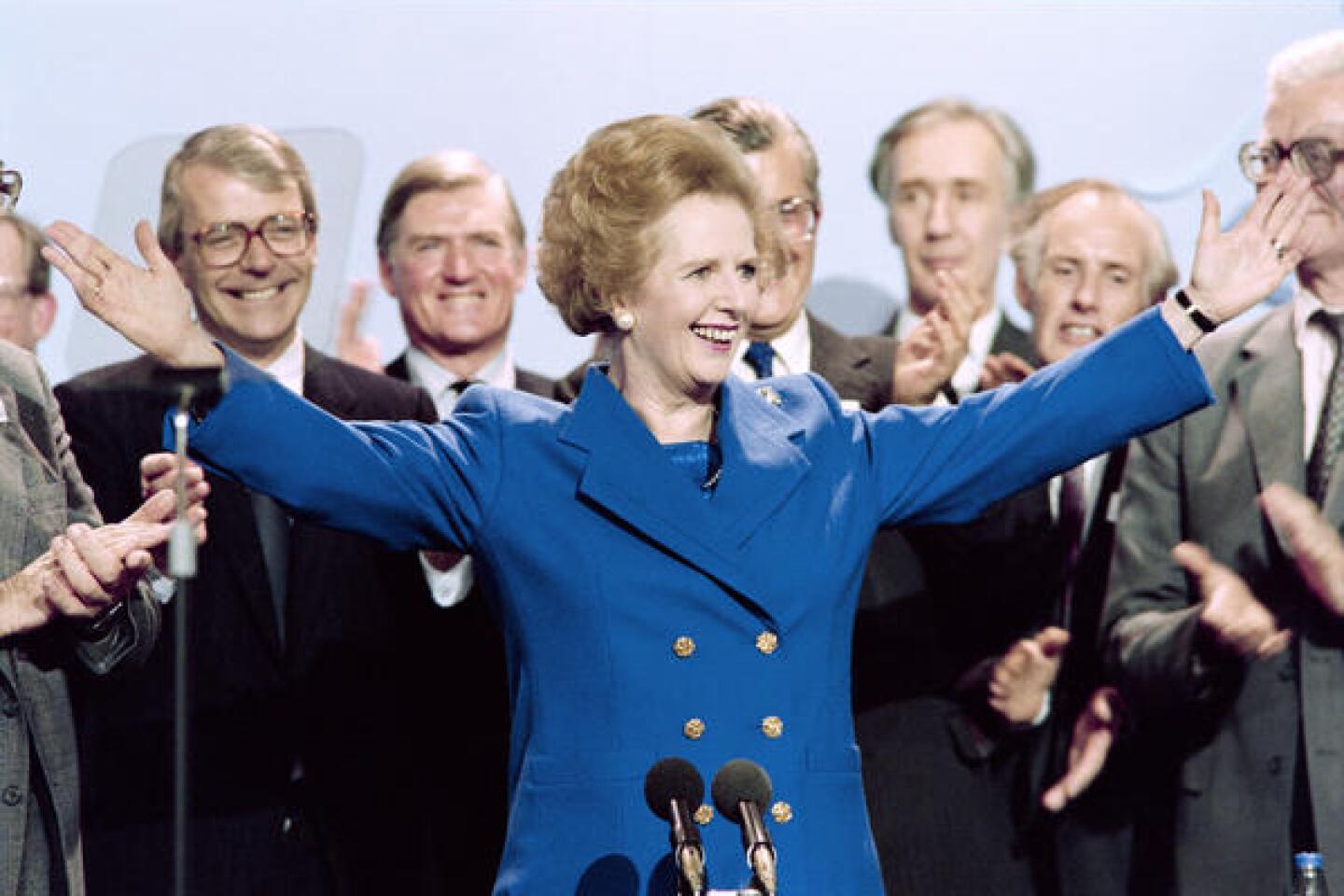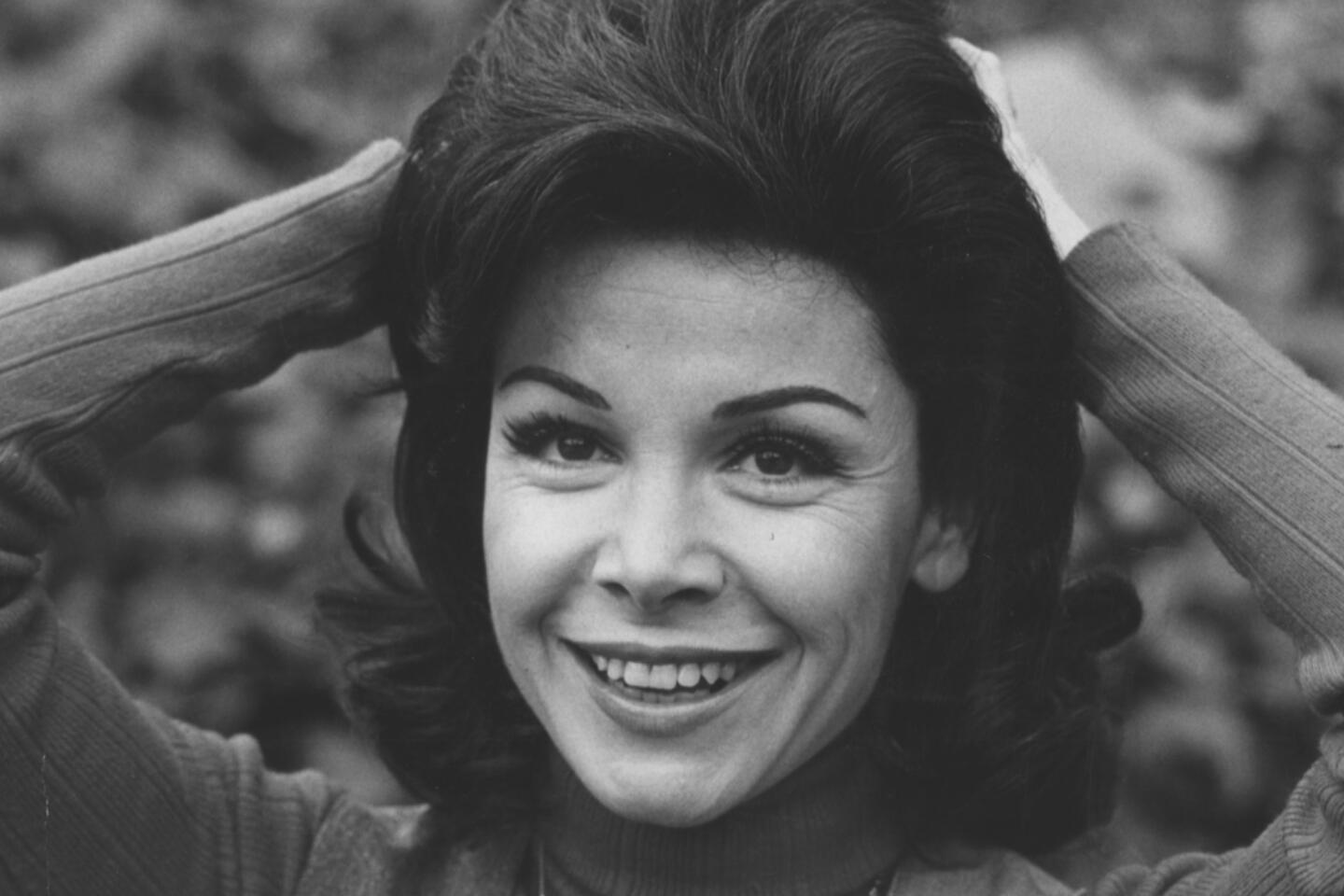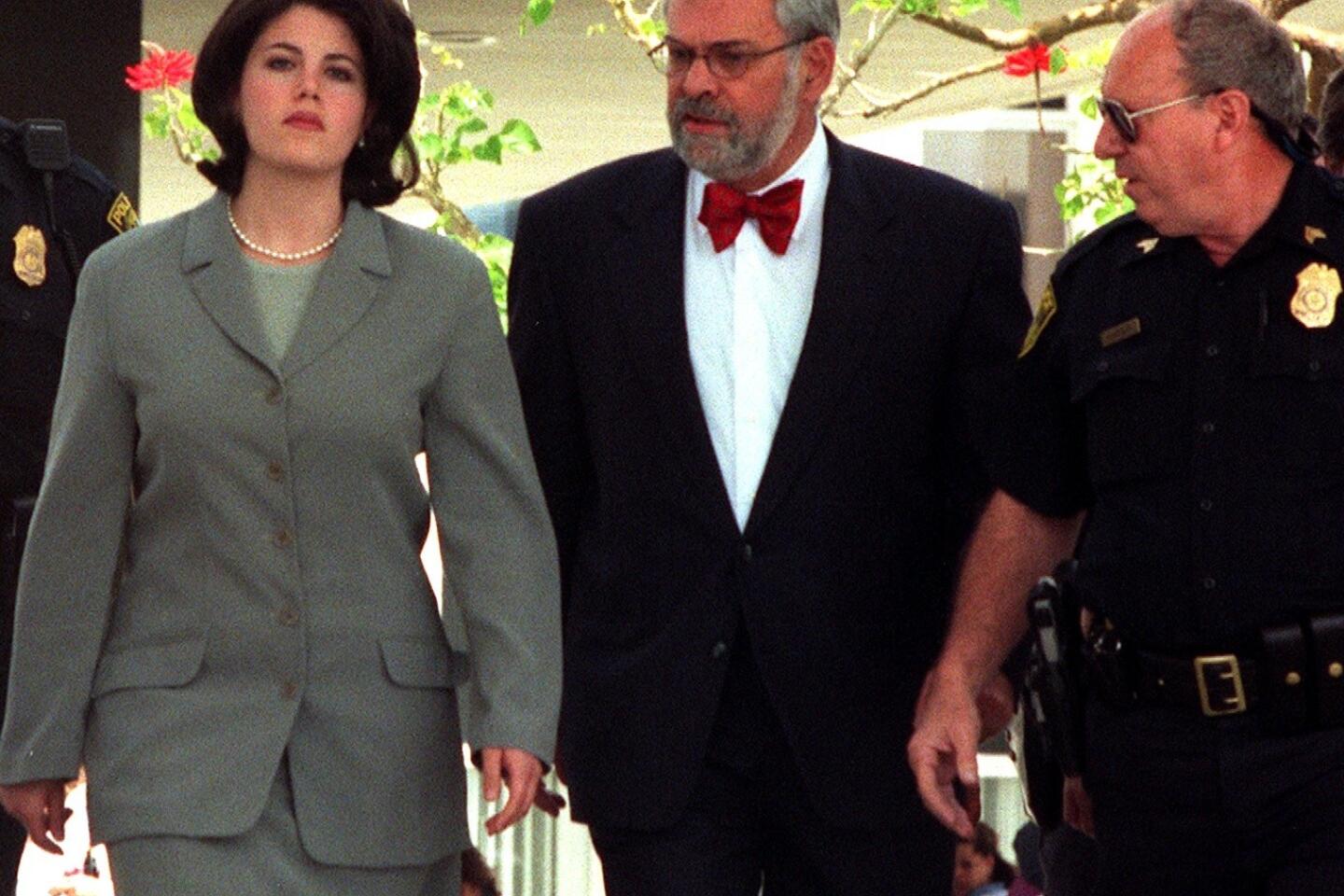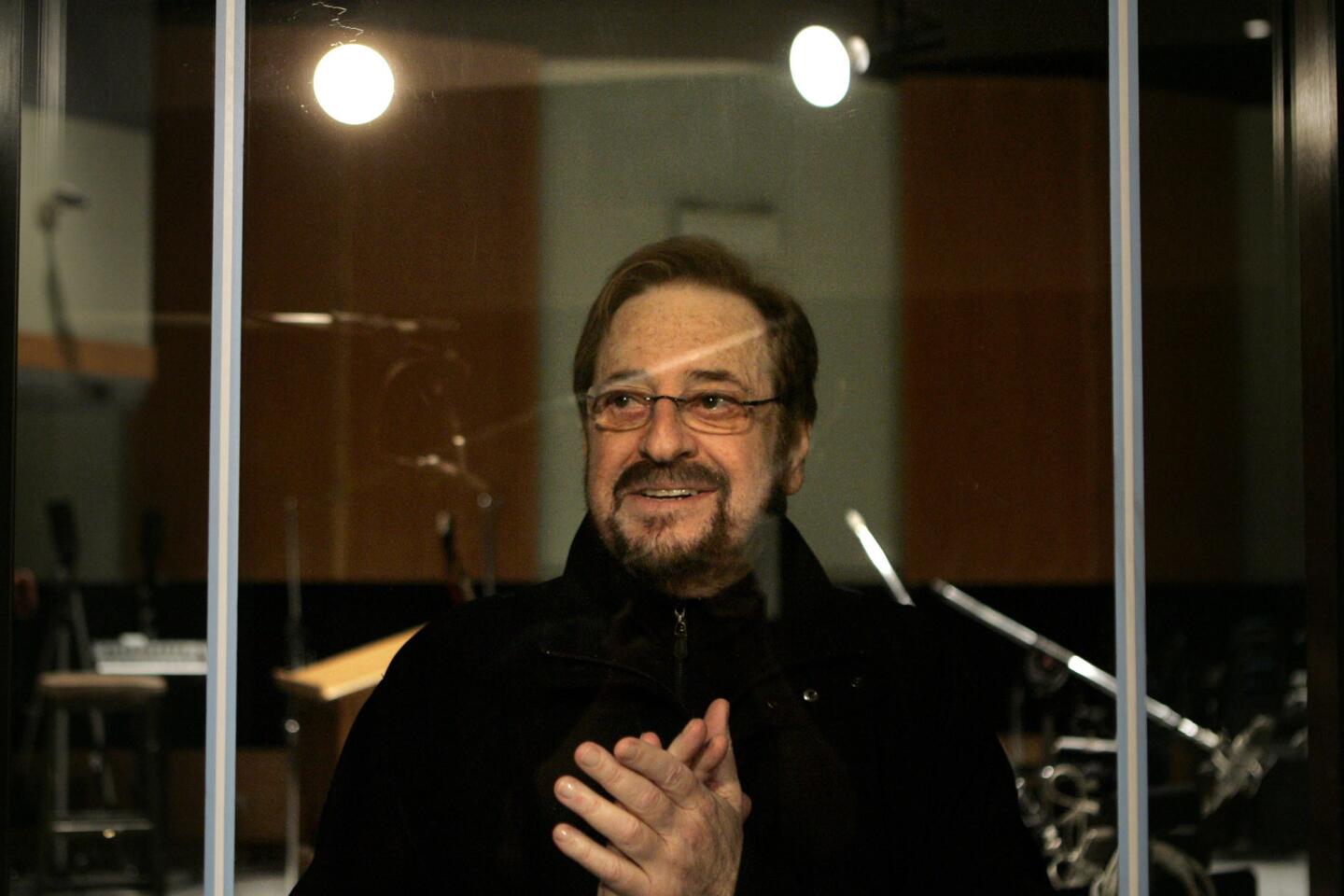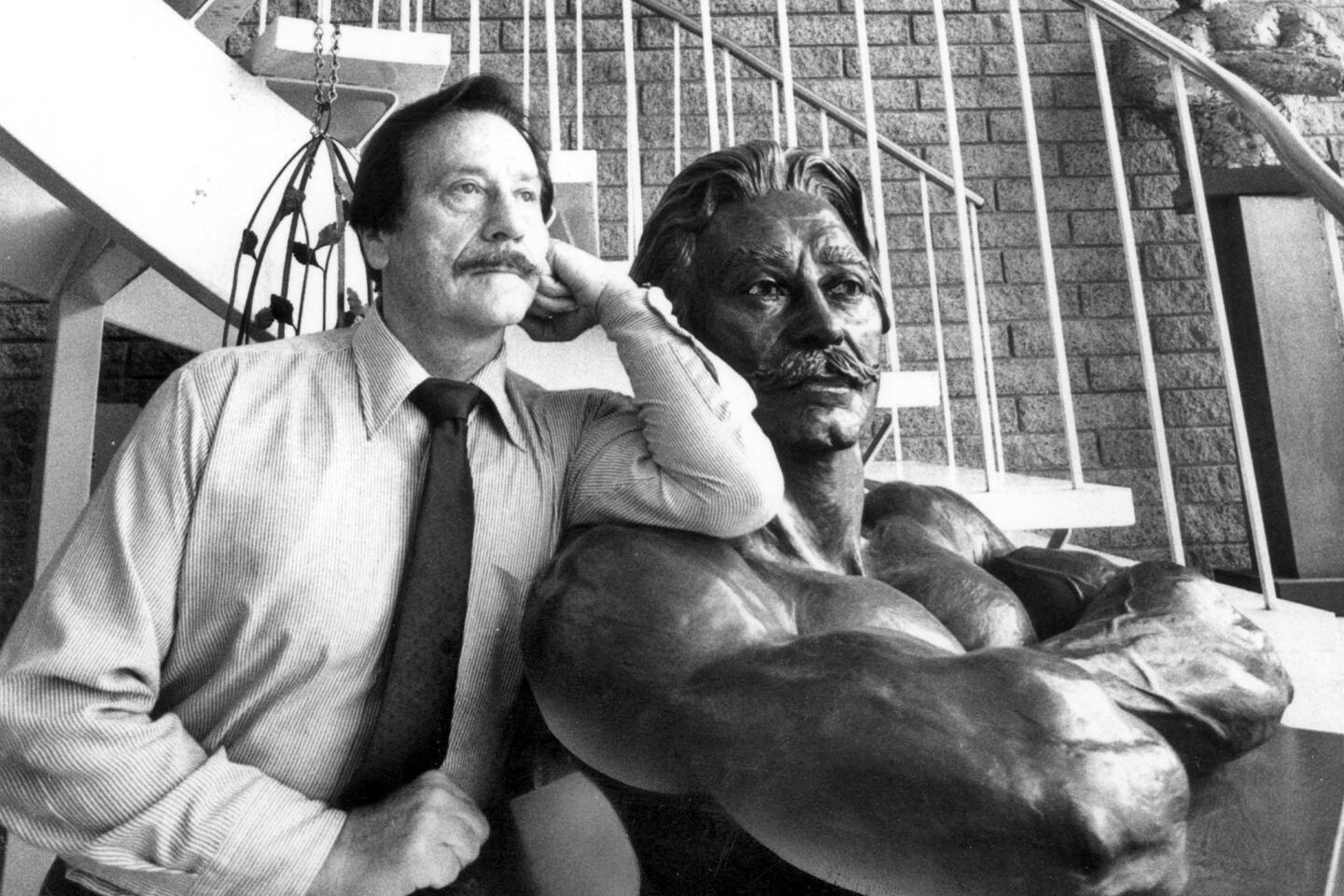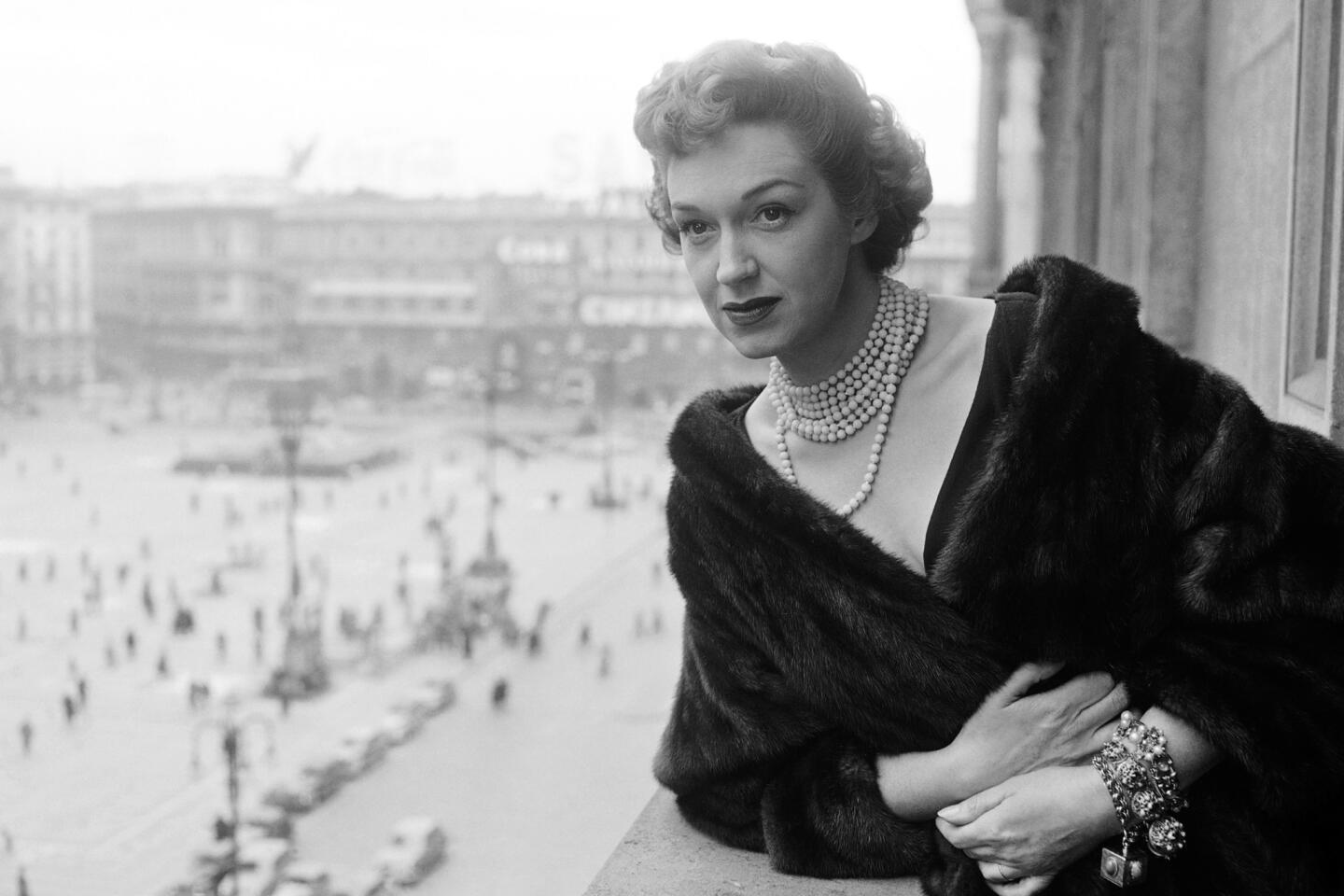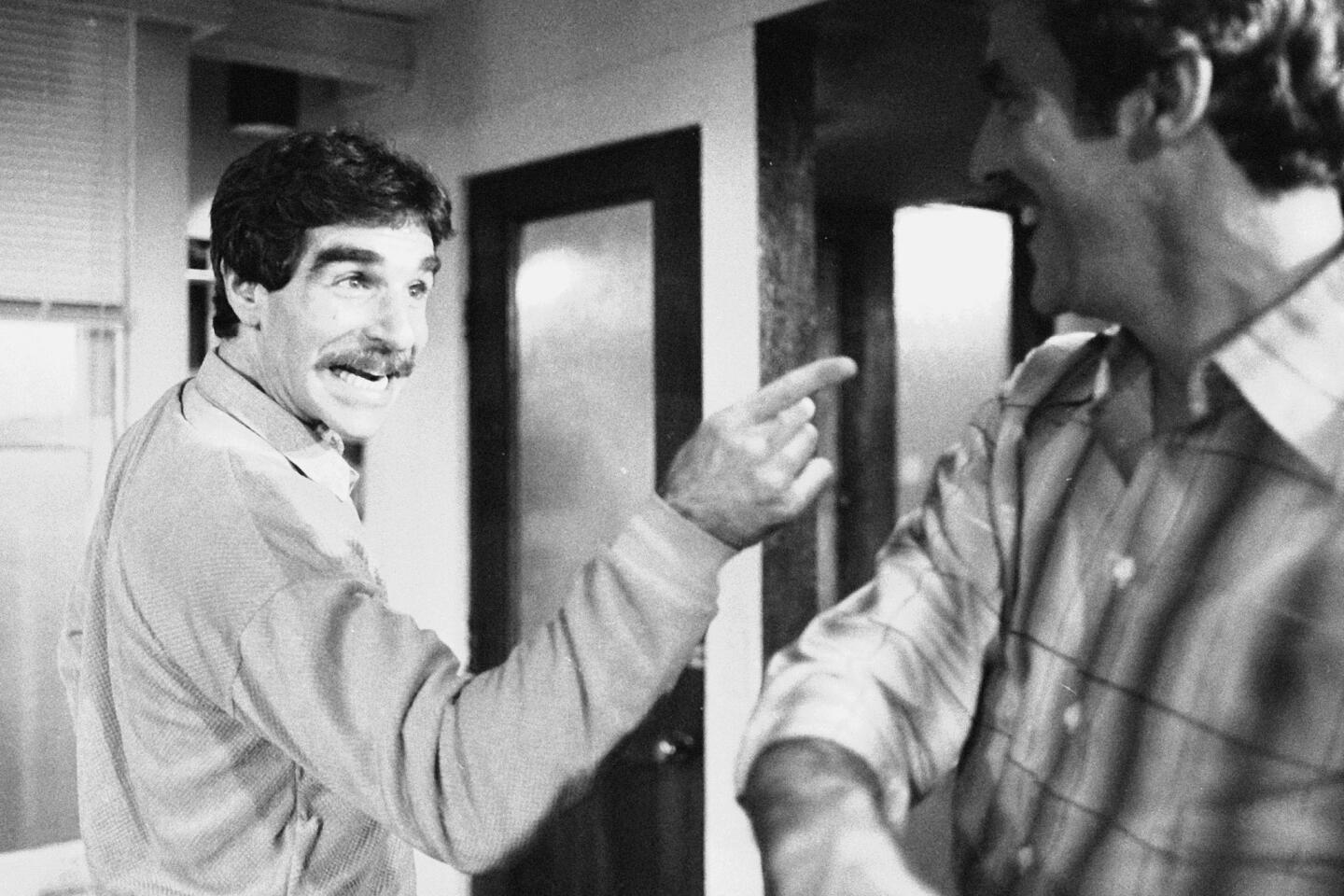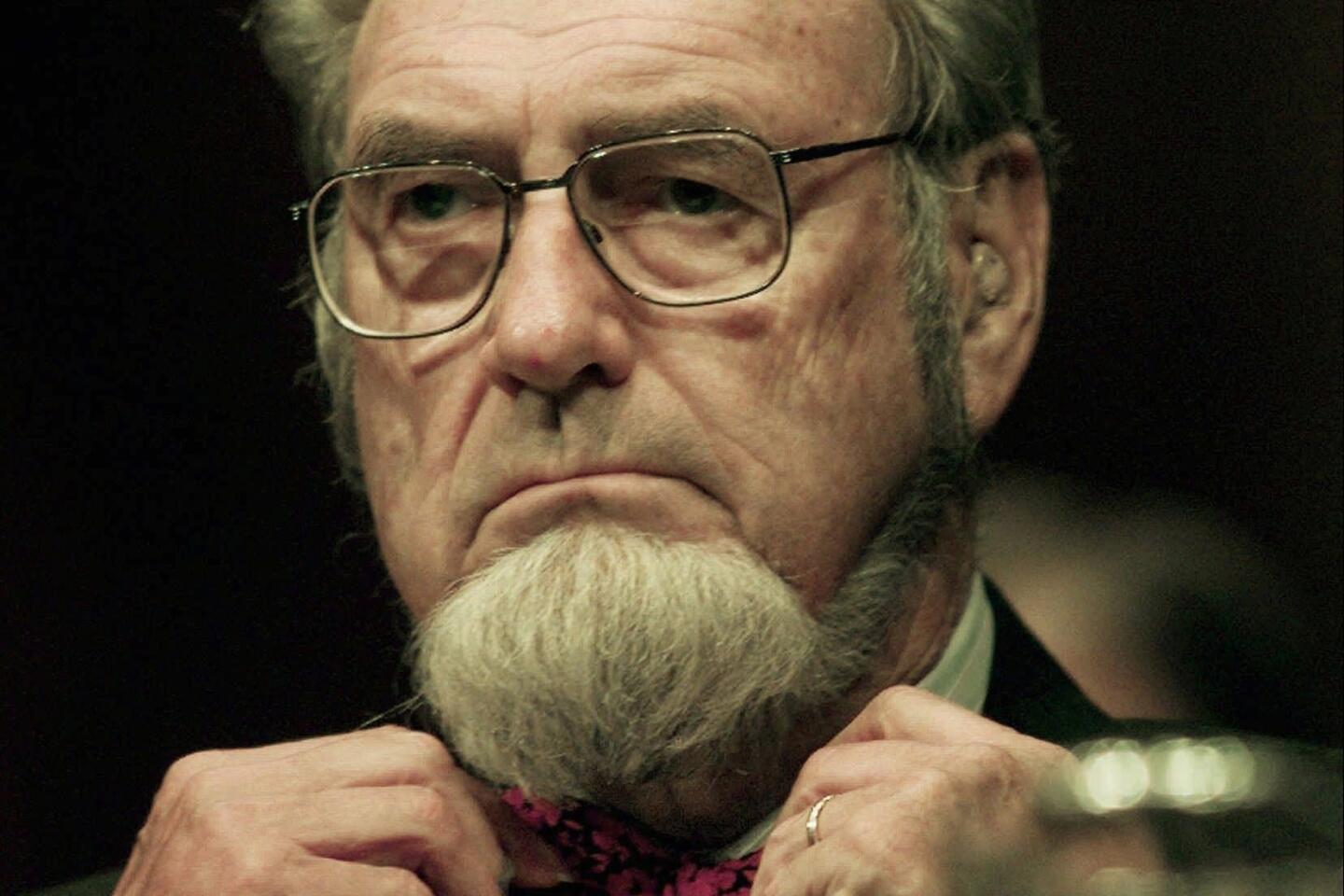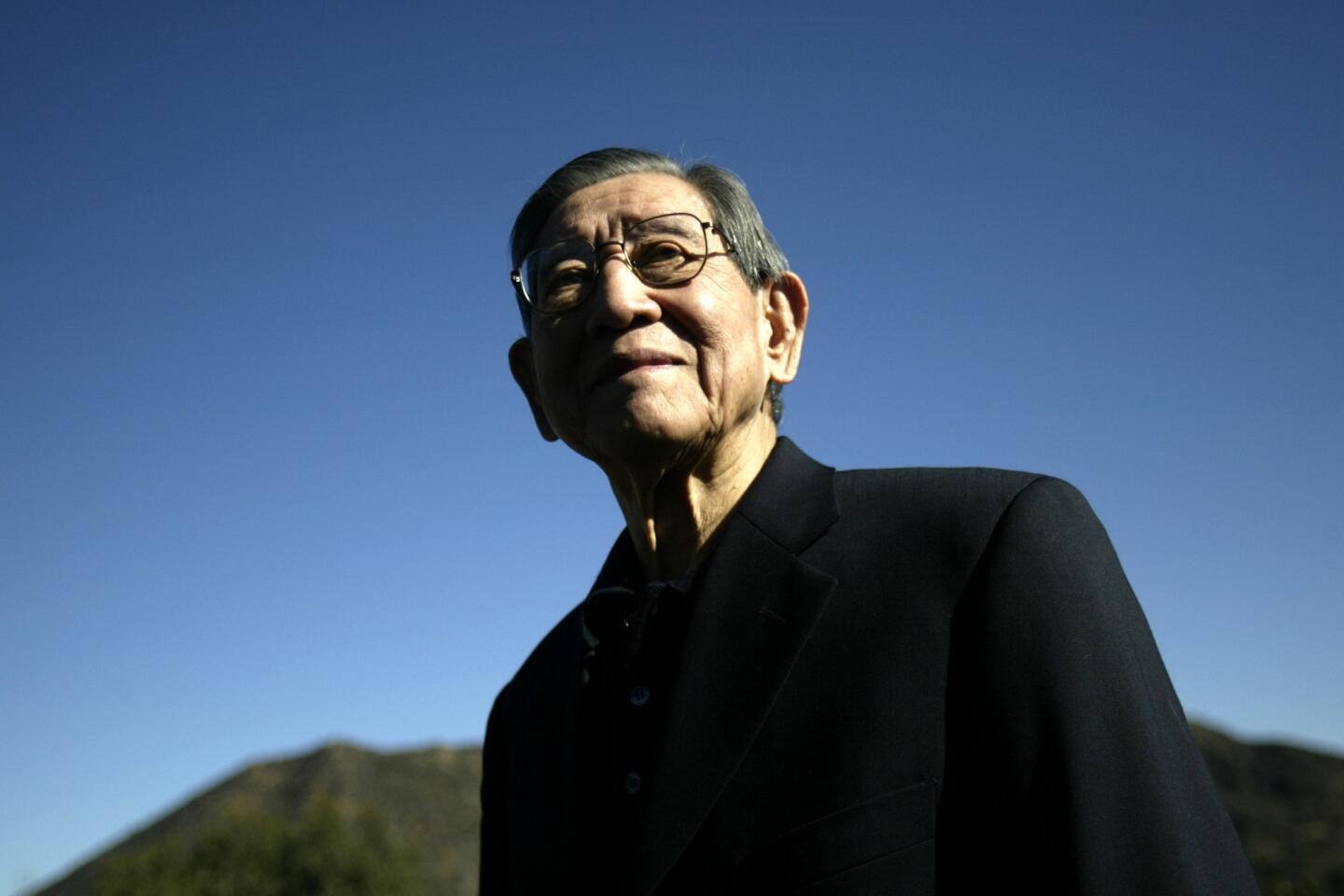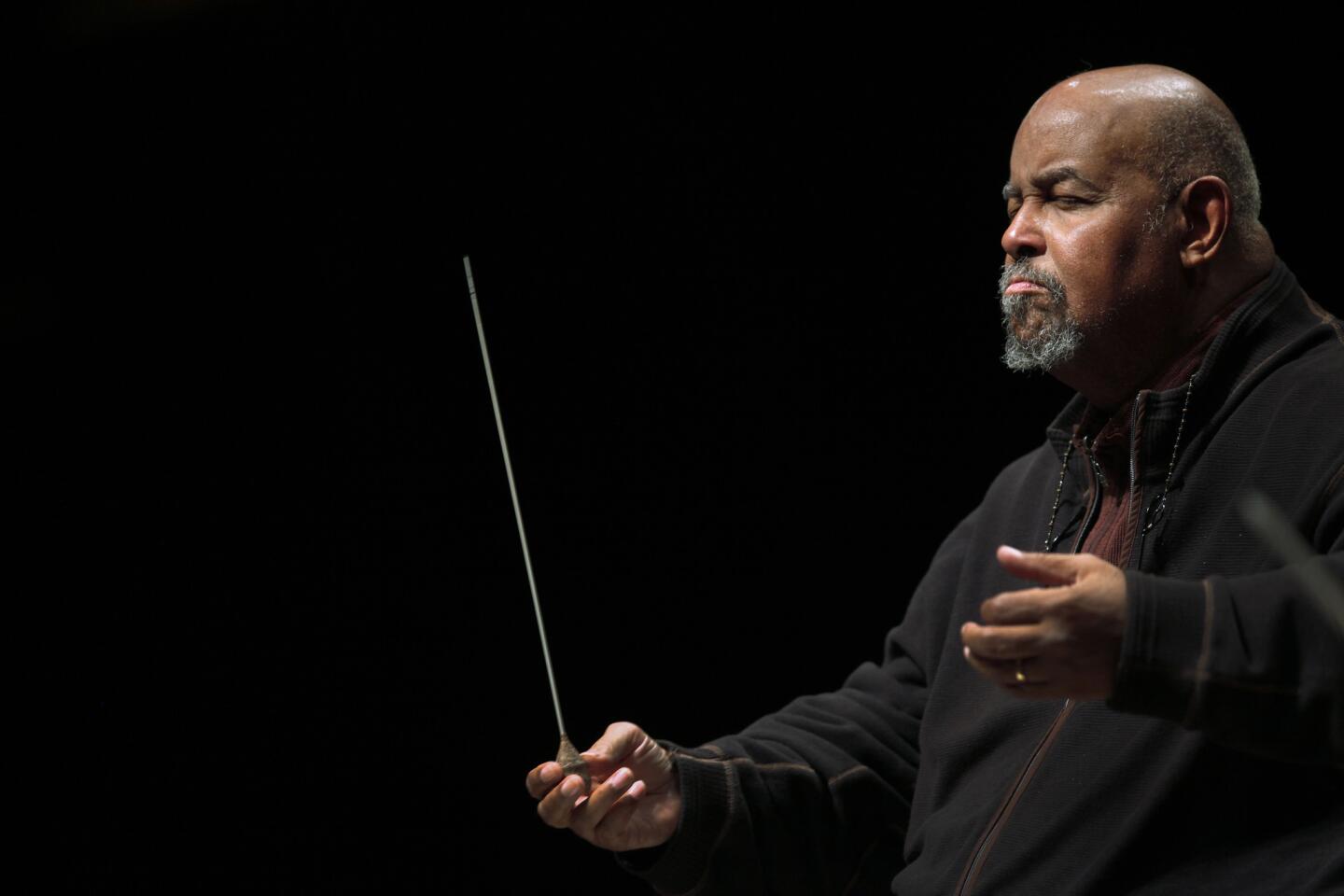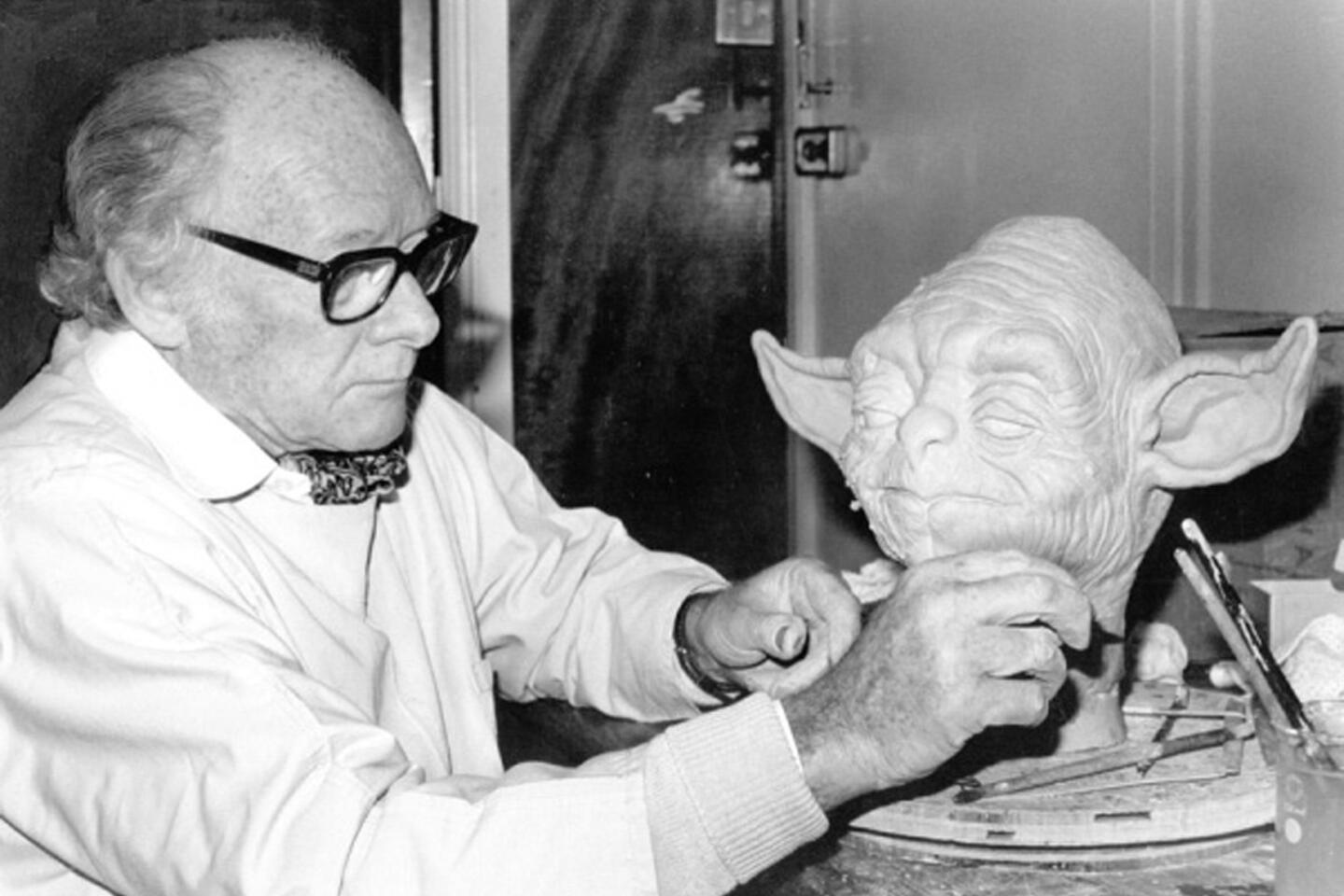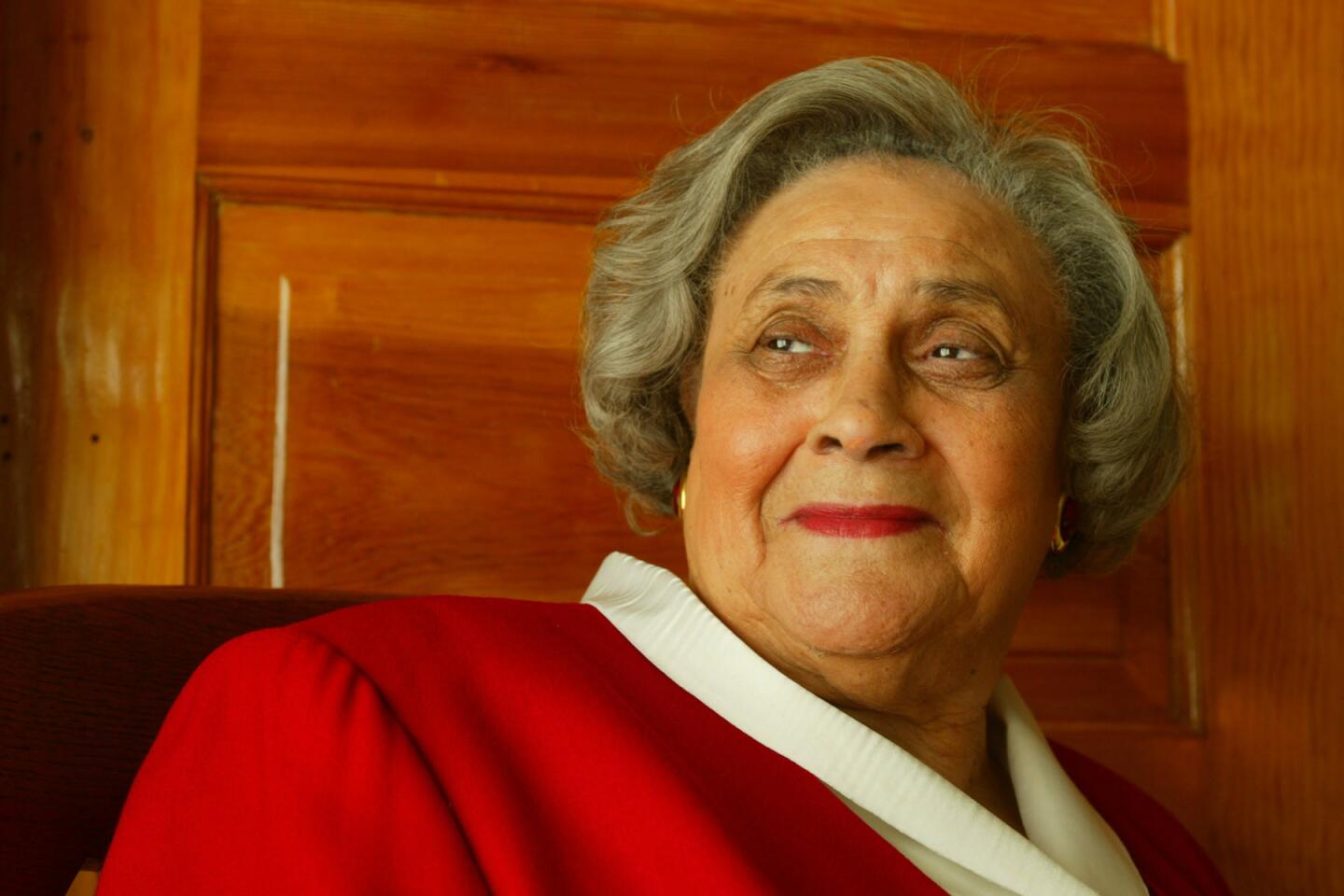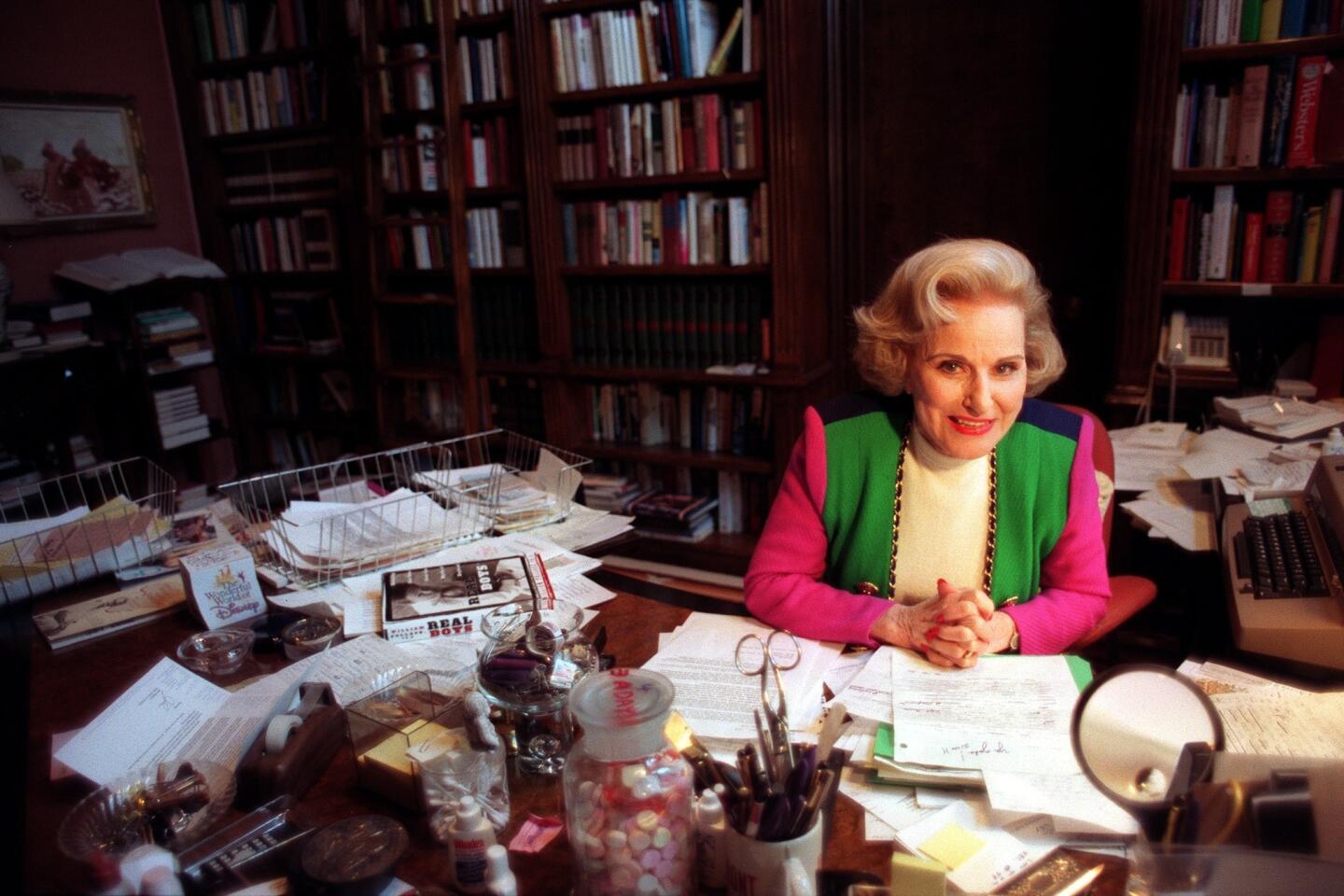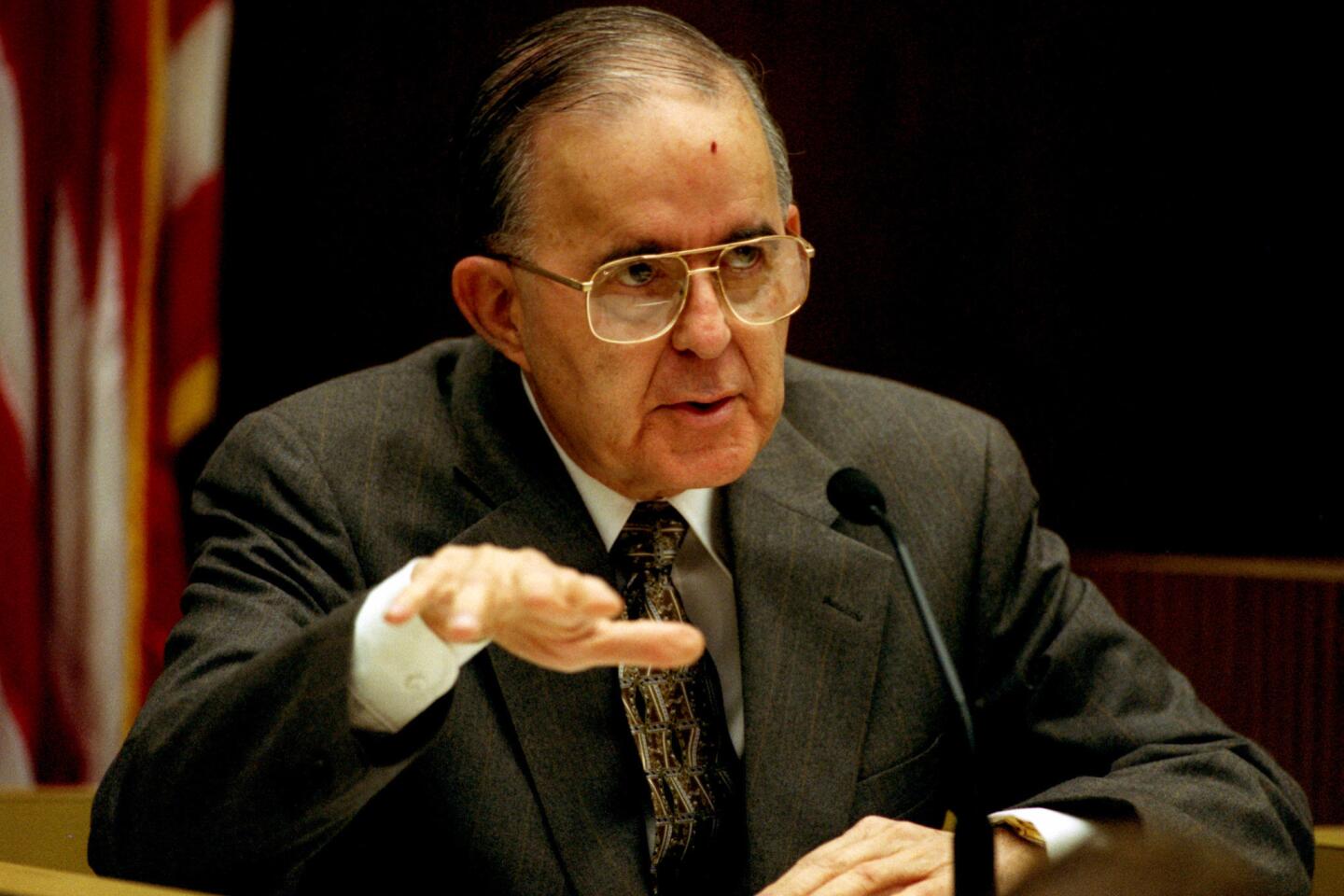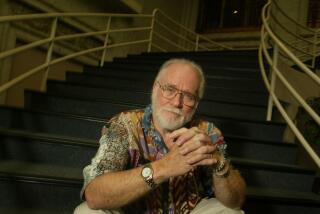James L. Loper dies at 81; helped make KCET a public broadcasting power
James L. Loper, a founder and former president of KCET Channel 28 who helped build the public broadcasting station into one of the nation’s leading noncommercial outlets, has died. He was 81.
Loper, who went on to oversee the Academy of Television Arts & Sciences, died Monday at his Pasadena home, his family said. No cause was announced.
An Arizona transplant, Loper was a doctoral student at USC in the early 1960s when he joined a small group, the Committee for Educational Television, that was trying to establish a public broadcasting station in Los Angeles.
When KCET went on the air in 1964, Loper was director of educational television. About two years later, he took charge of the station, first as vice president and general manager and then as president from 1971 to 1983.
PHOTOS: Notable deaths of 2013
He “left an indelible mark on the history of KCET and public television,” Al Jerome, chief executive of KCETLink, as the former PBS outlet is now known, said in a statement. “Jim launched several national productions that aligned the Hollywood entertainment community with the newly emerging national program service PBS.”
They included three Peabody Award-winning programs: “Hollywood Television Theater,” which debuted in 1970 with “The Andersonville Trial,” a play directed by George C. Scott; “Visions,” a series that began presenting works by new playwrights in 1976; and “Cosmos,” a 1980 miniseries co-produced with its star, astronomer Carl Sagan, that “broke new ground in the exploration of the skies on television,” Jerome said.
Loper resigned from KCET in 1983 after a Times investigation revealed that a bank account had been set up by the station to maintain his memberships in private clubs, professional organizations and charities. The station had been undergoing a financial crisis, exacerbated by cuts in federal support, that brought it to the brink of bankruptcy.
Although recognizing that Loper’s leadership helped bring KCET to national prominence, a 1983 Times article reported that critics suggested he was perhaps “better suited to broad programming issues and lobbying efforts than to daily administration chores.”
On Wednesday, Jerome called him “a true champion” of public media. Loper had become founding chairman of the national Public Broadcasting Service around 1970 and served three terms as chairman of PBS during its formative years.
From 1984 through 1999, Loper served as executive director of the television academy. He brought with him “a learned background in serious TV that reminded a commercial industry of its more serious goals,” Thomas O’Neil, author of a book on the Emmys, told Daily Variety in 1998.
During Loper’s tenure, the Emmy Awards were broadened in 1988 to recognize cable shows in addition to the traditional networks’ programs. He also oversaw the academy’s move into its showcase North Hollywood headquarters and the founding of the Archive of American Television, which documents television history through interviews with those who lived it.
“He was a person of great industry distinction,” said John Leverence, the academy’s senior vice president of awards. Loper’s inclusion of cable in the Emmys “was a very important contribution that was done with his usual astuteness and extraordinary personal grace.”
James Leaders Loper was born Sept. 4, 1931, in Phoenix to John Loper, a superintendent of elementary schools, and the former Ellen Leaders.
PHOTOS: Notable deaths of 2013
He received a bachelor’s degree in journalism in 1953 from Arizona State University and a master’s in 1957 from the University of Denver. He moved to Los Angeles in 1959 to attend USC, where he earned a doctorate in 1967 and taught classes in public media for many years. The annual James L. Loper Lecture in Public Service Broadcasting, delivered by a major figure in broadcasting, has been presented at USC since 2005.
At the Emmy Awards, Loper often sat near the stage with his wife, Mary Lou Loper, a society columnist who worked at The Times from 1959 to 1997. He took glee in his anonymity, saying his favorite question from reporters was, “Are you anybody?”
Besides his wife, Loper is survived by a daughter, Elizabeth Serhan of Arcadia; a son, James L. Loper Jr. of Newbury Park; and six grandchildren.
Services will be held at 11 a.m. July 19 at the Church of Our Saviour, 535 West Roses Road, San Gabriel.
More to Read
Start your day right
Sign up for Essential California for the L.A. Times biggest news, features and recommendations in your inbox six days a week.
You may occasionally receive promotional content from the Los Angeles Times.
